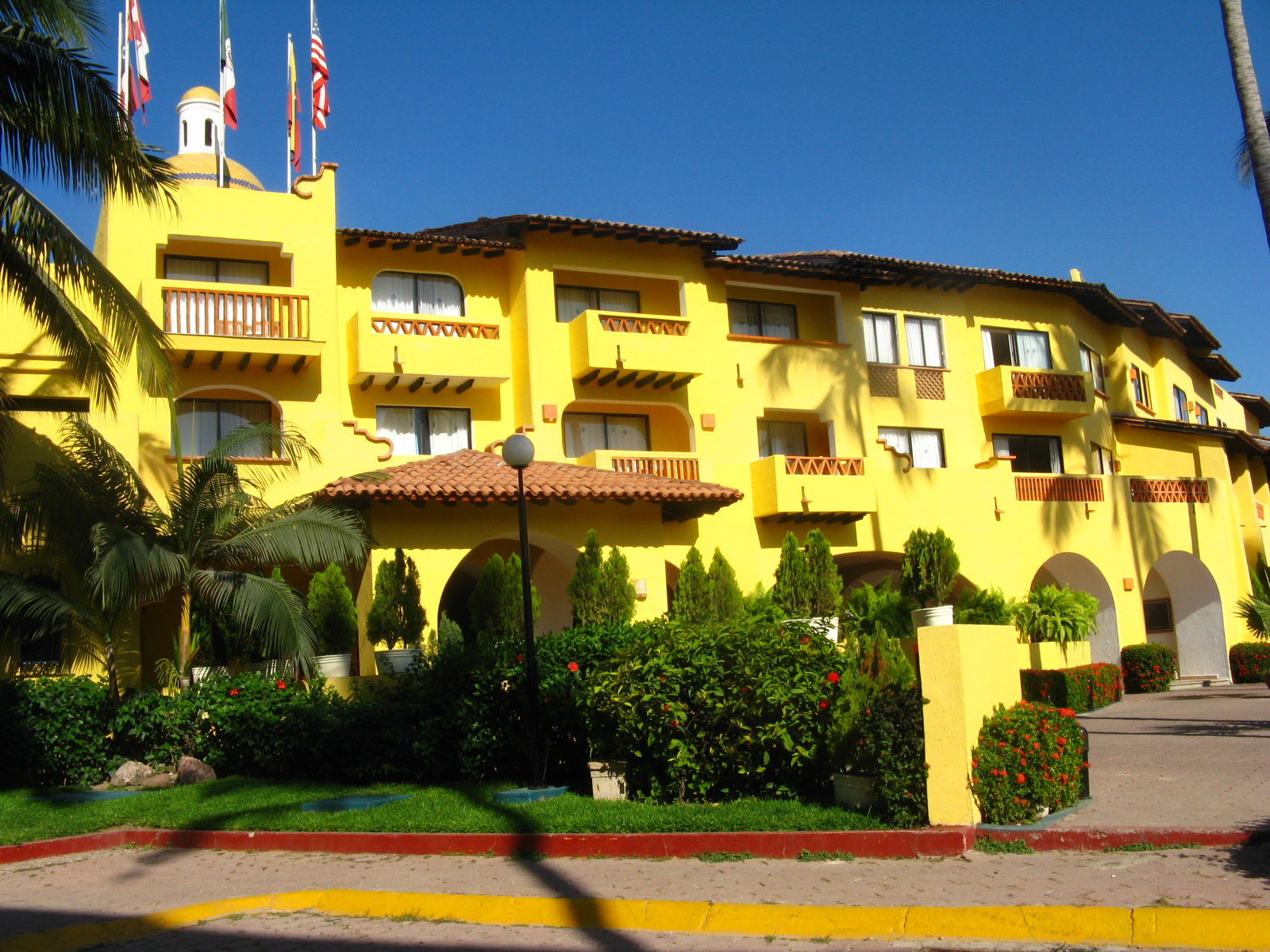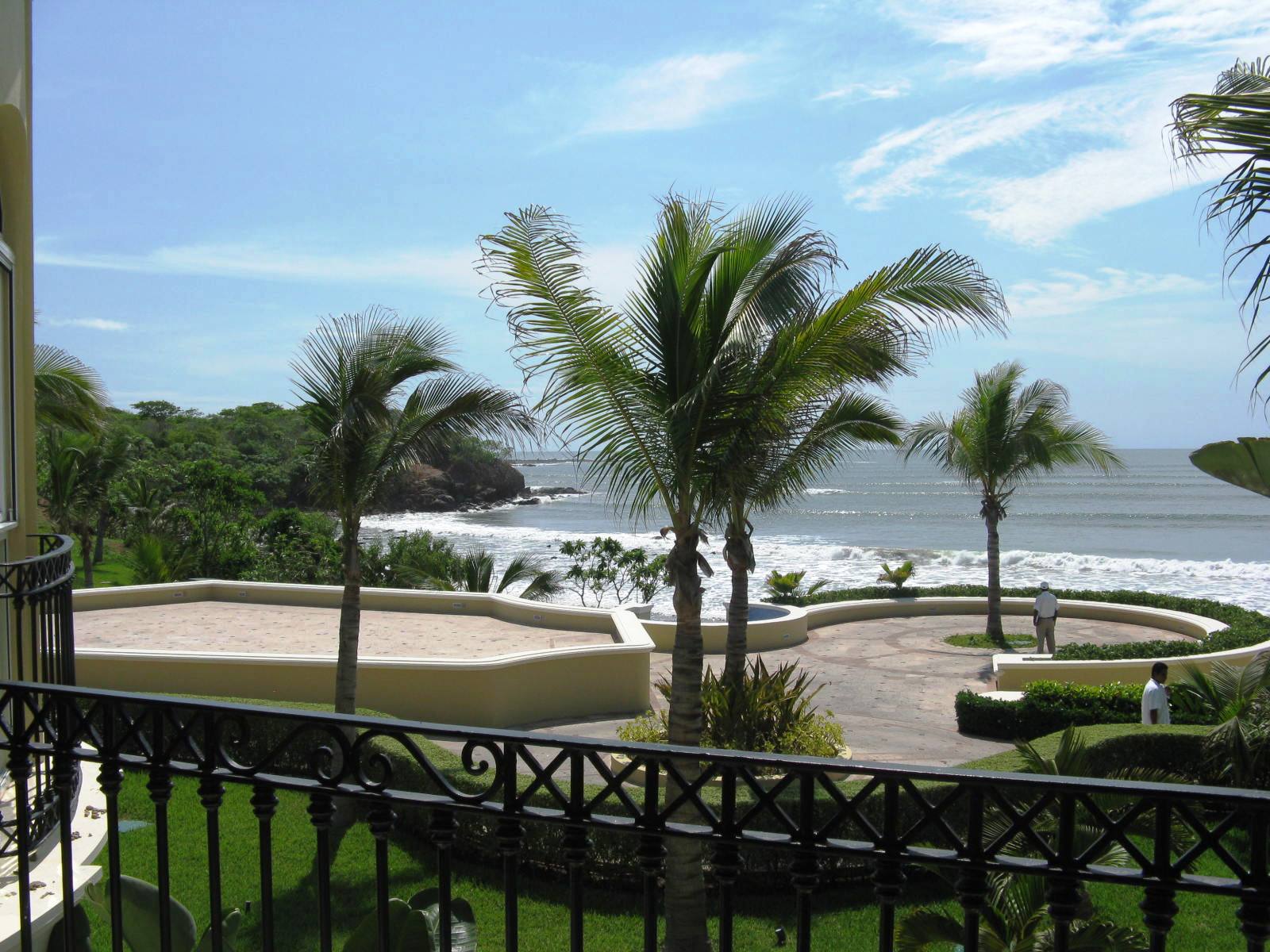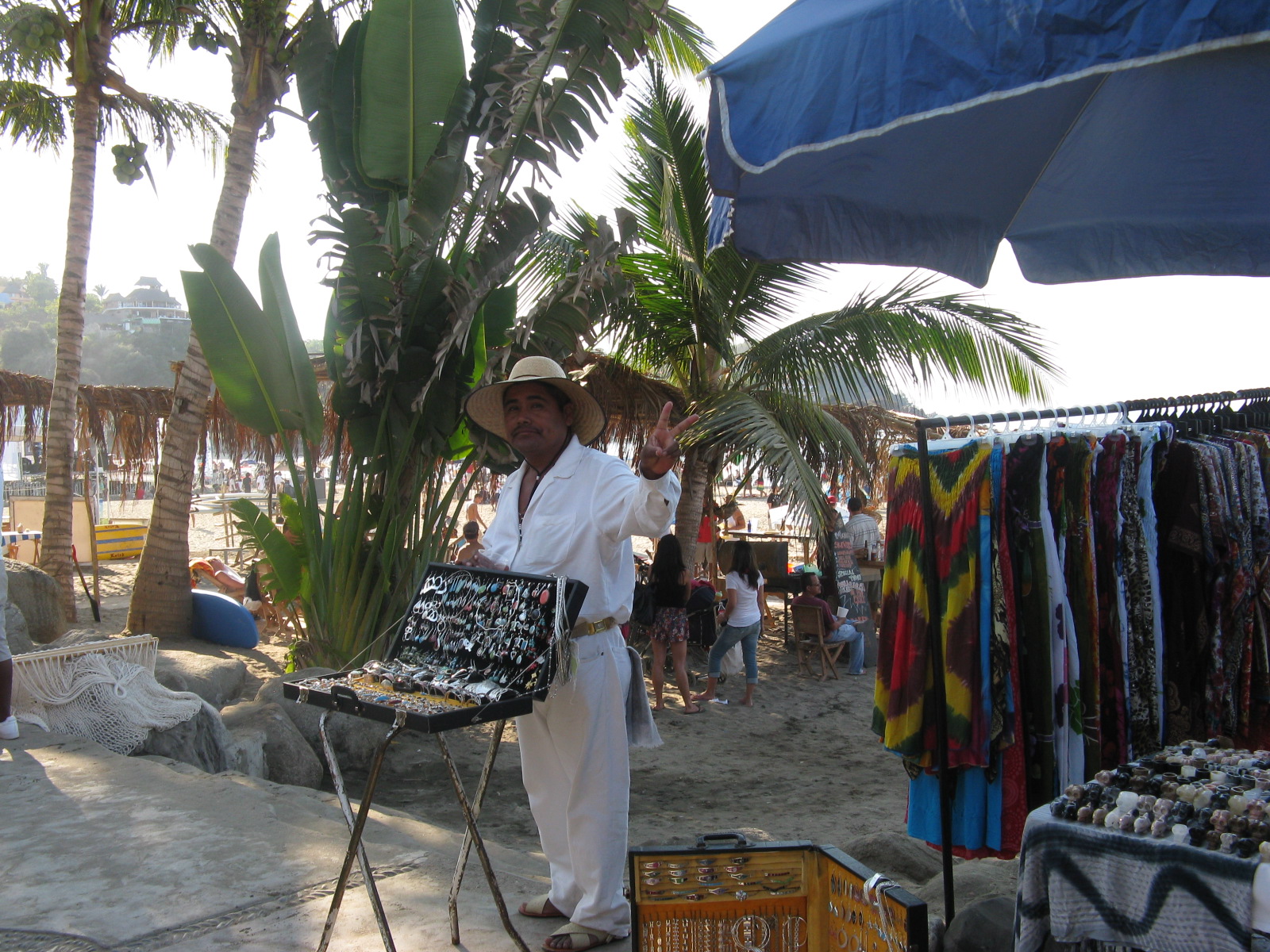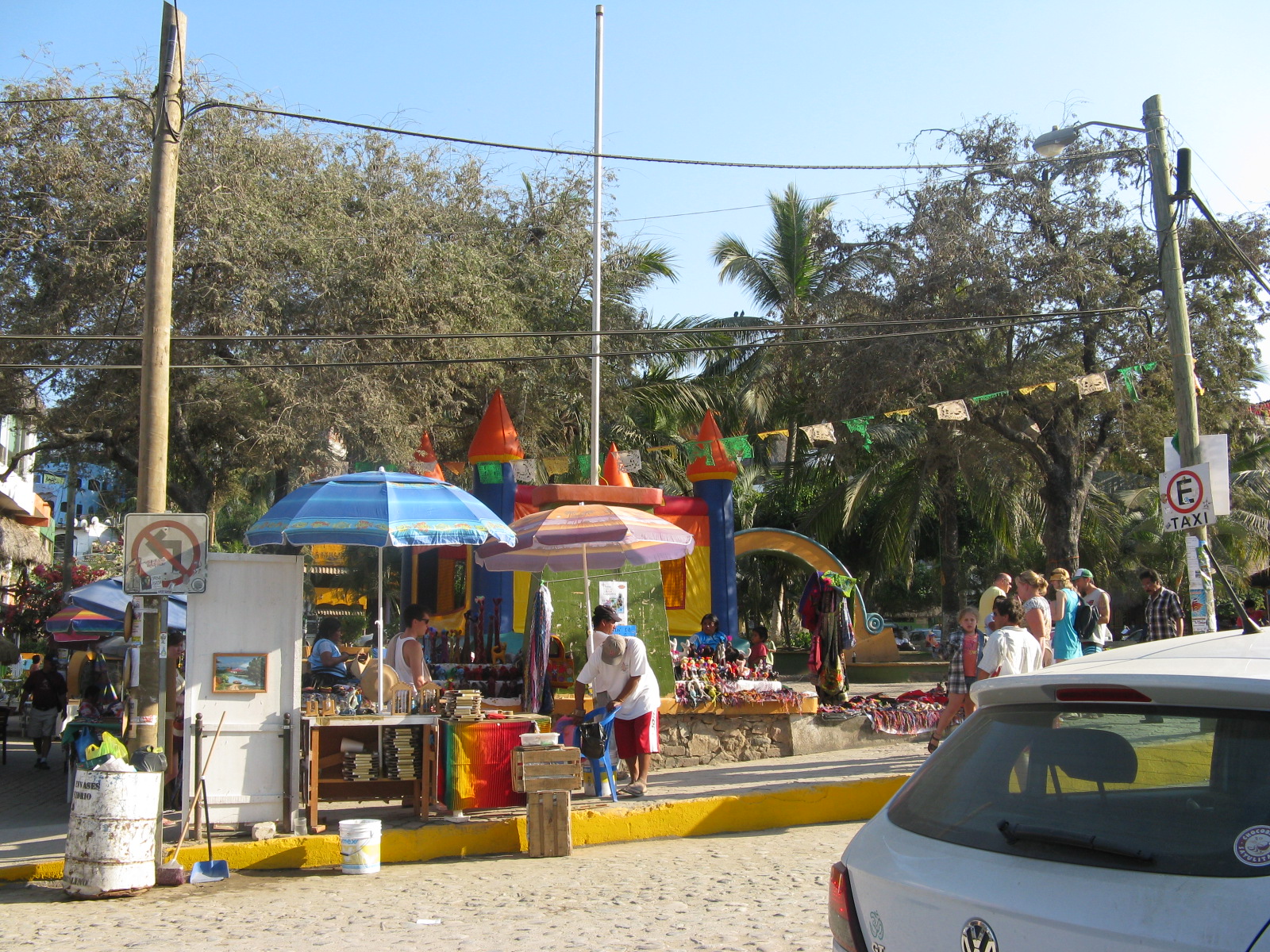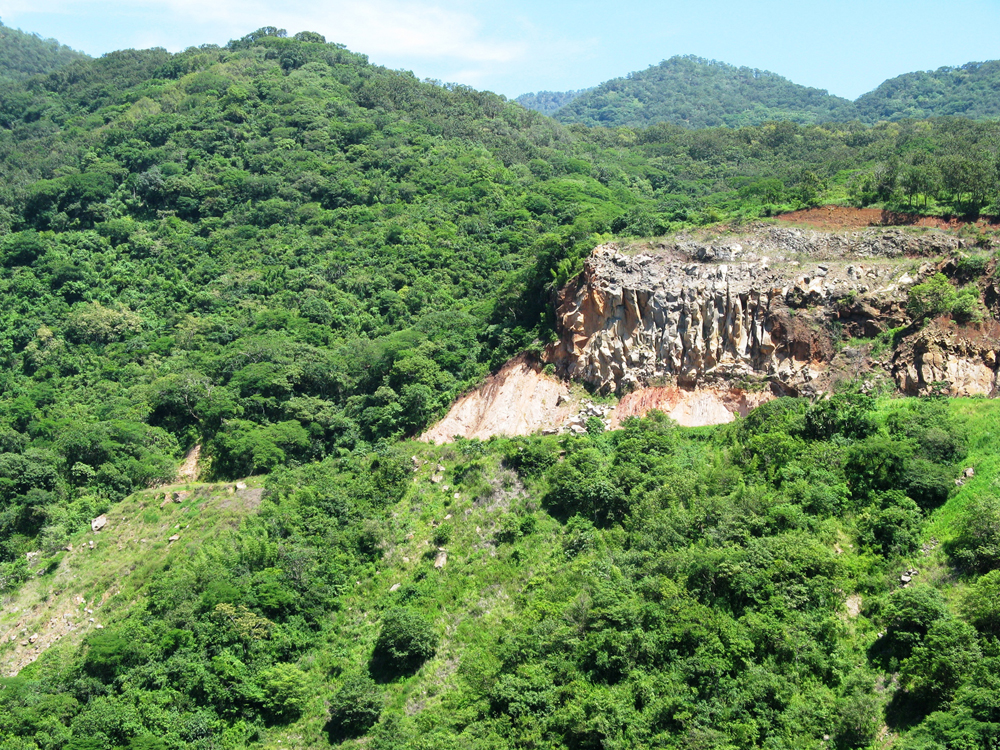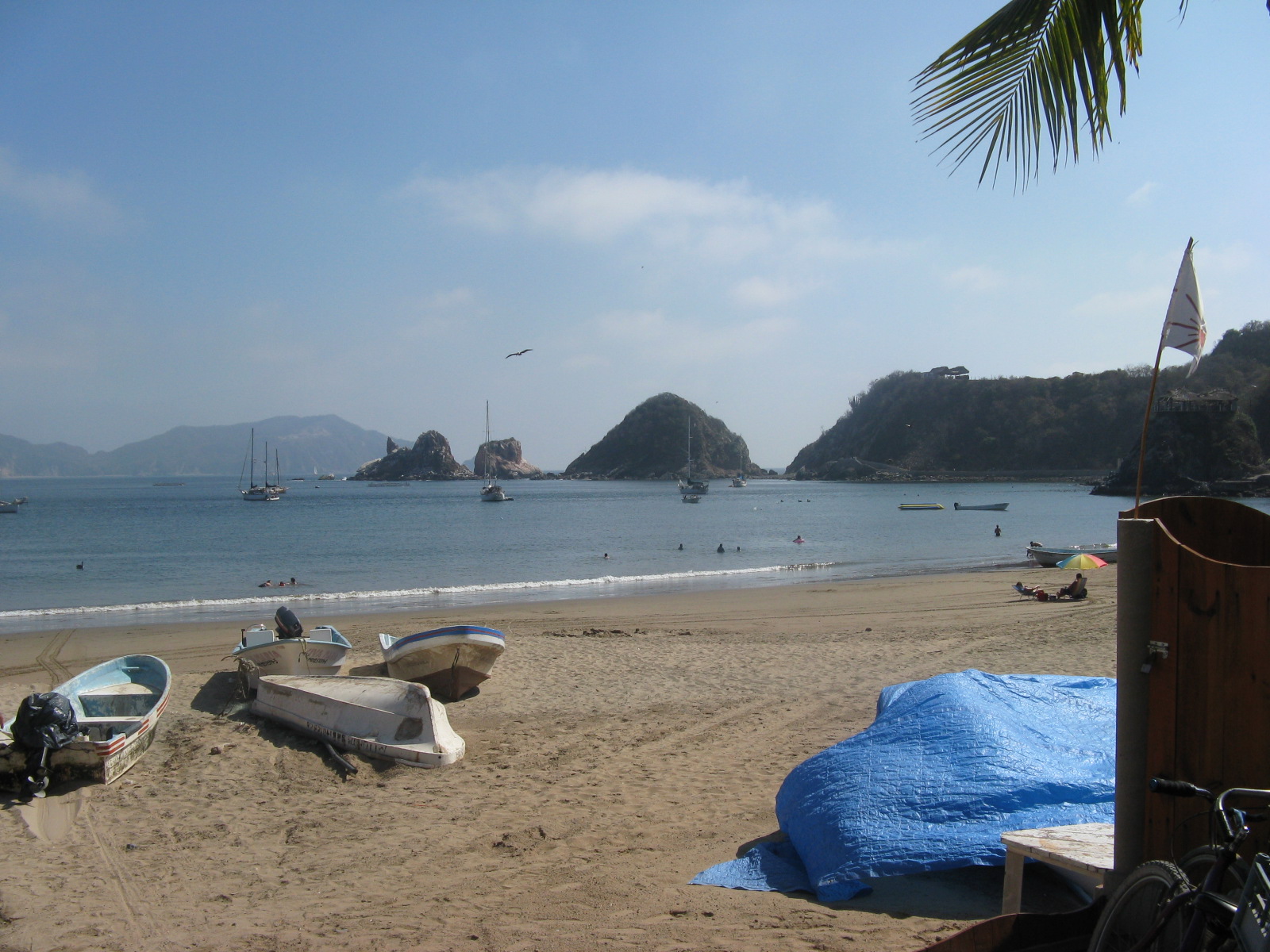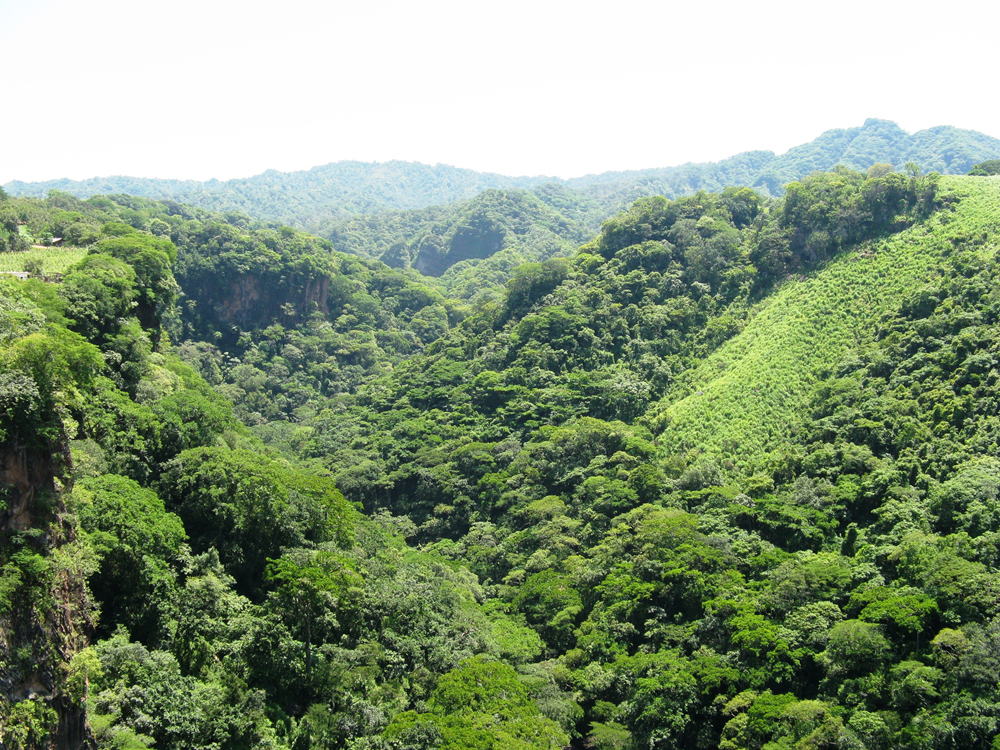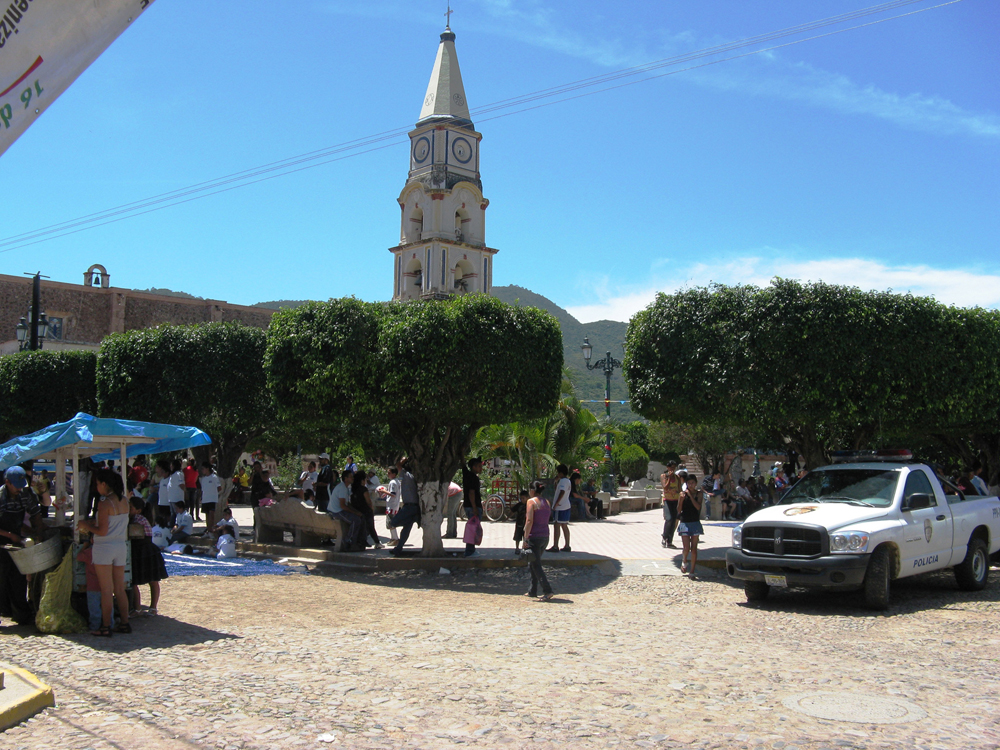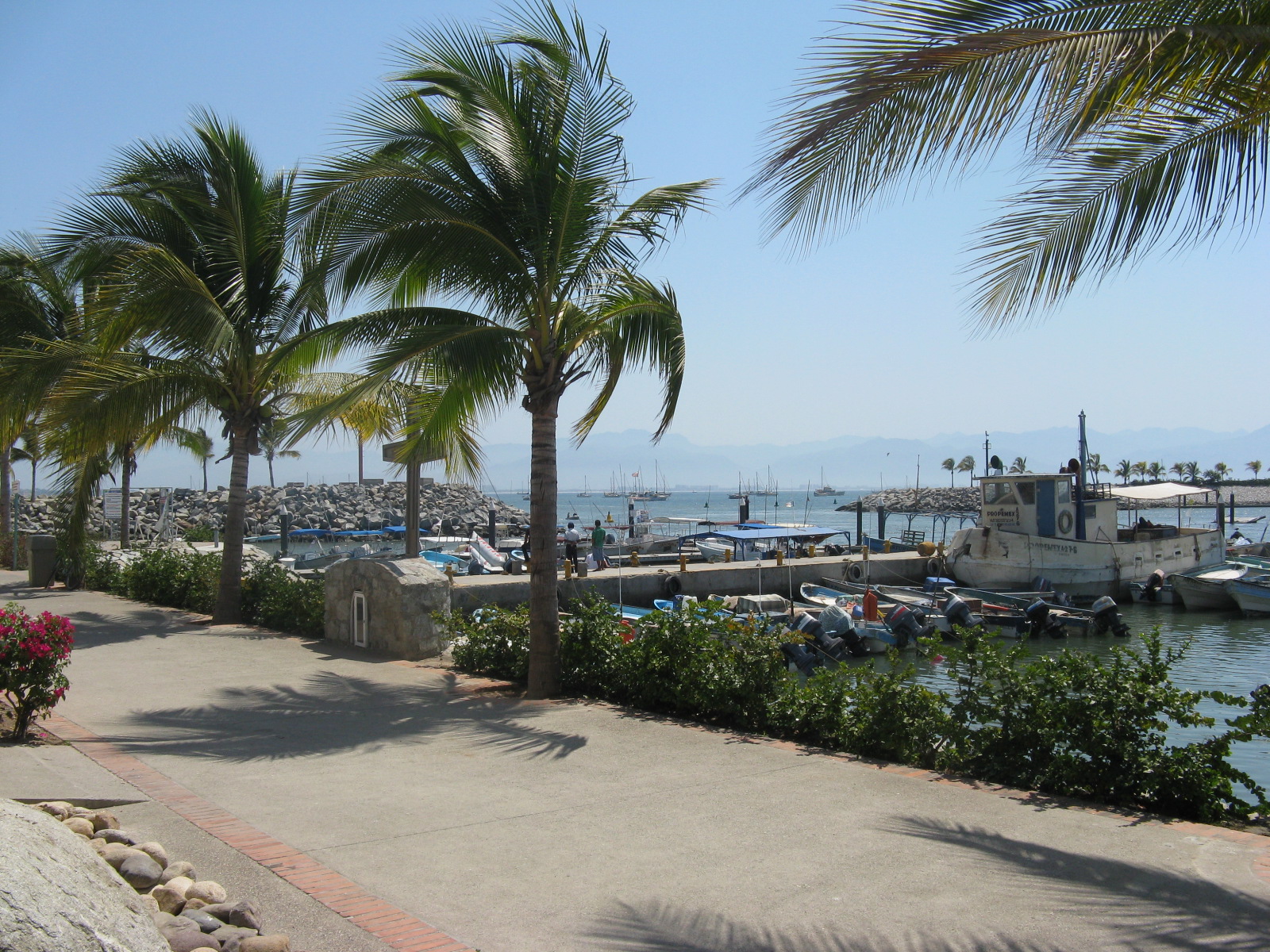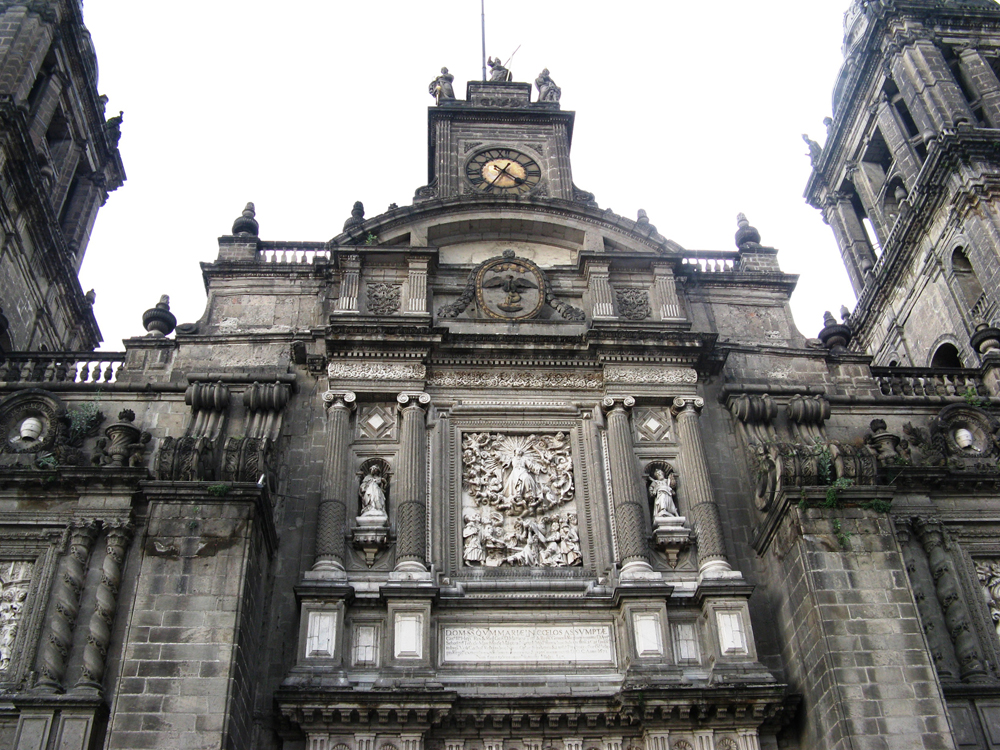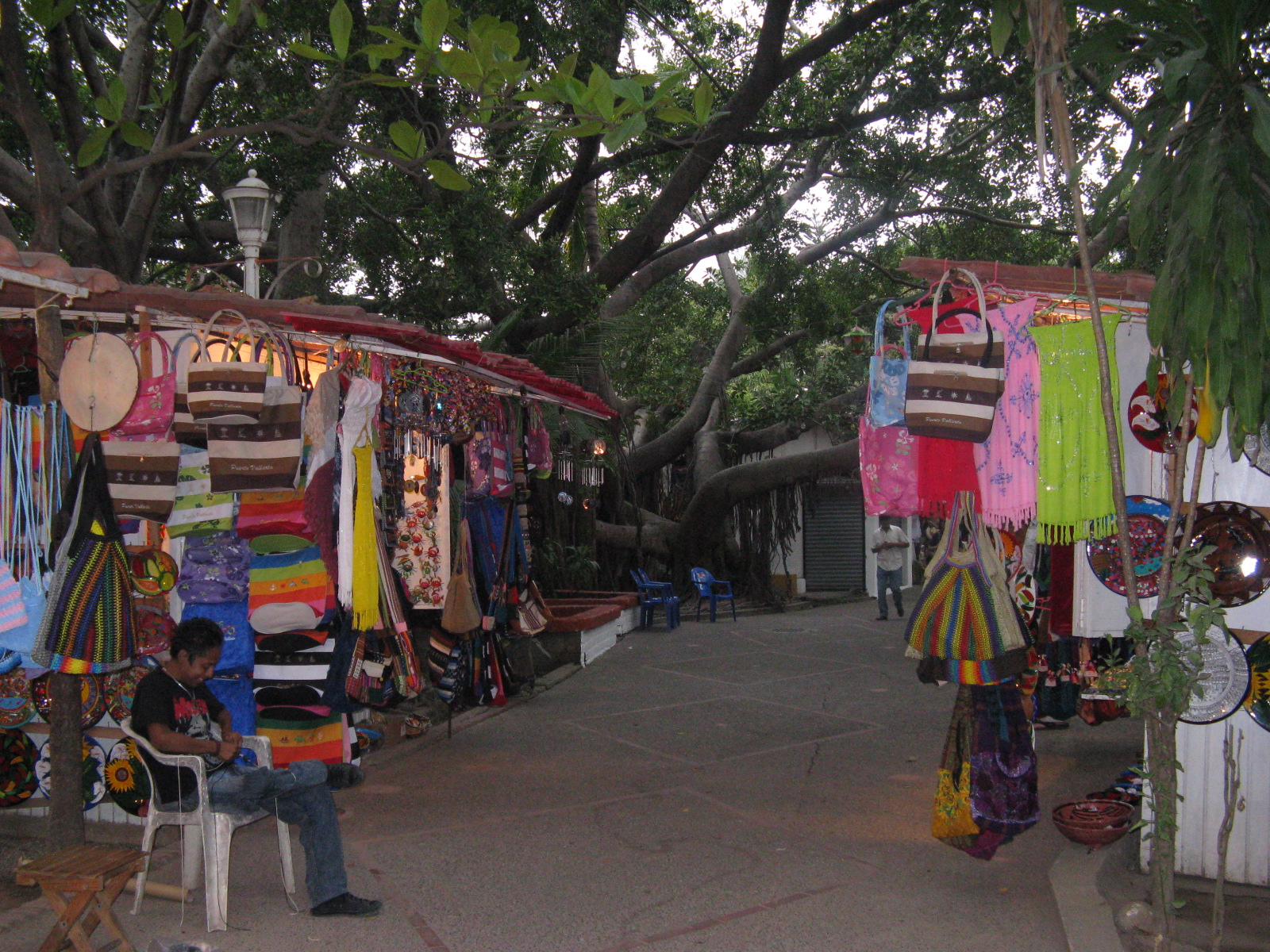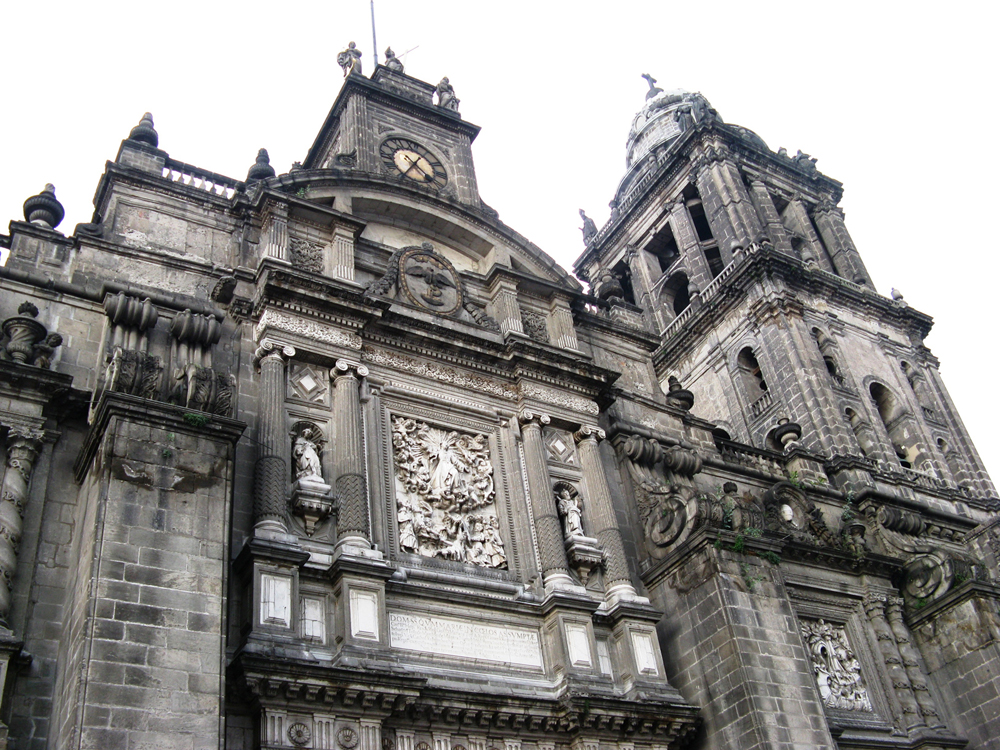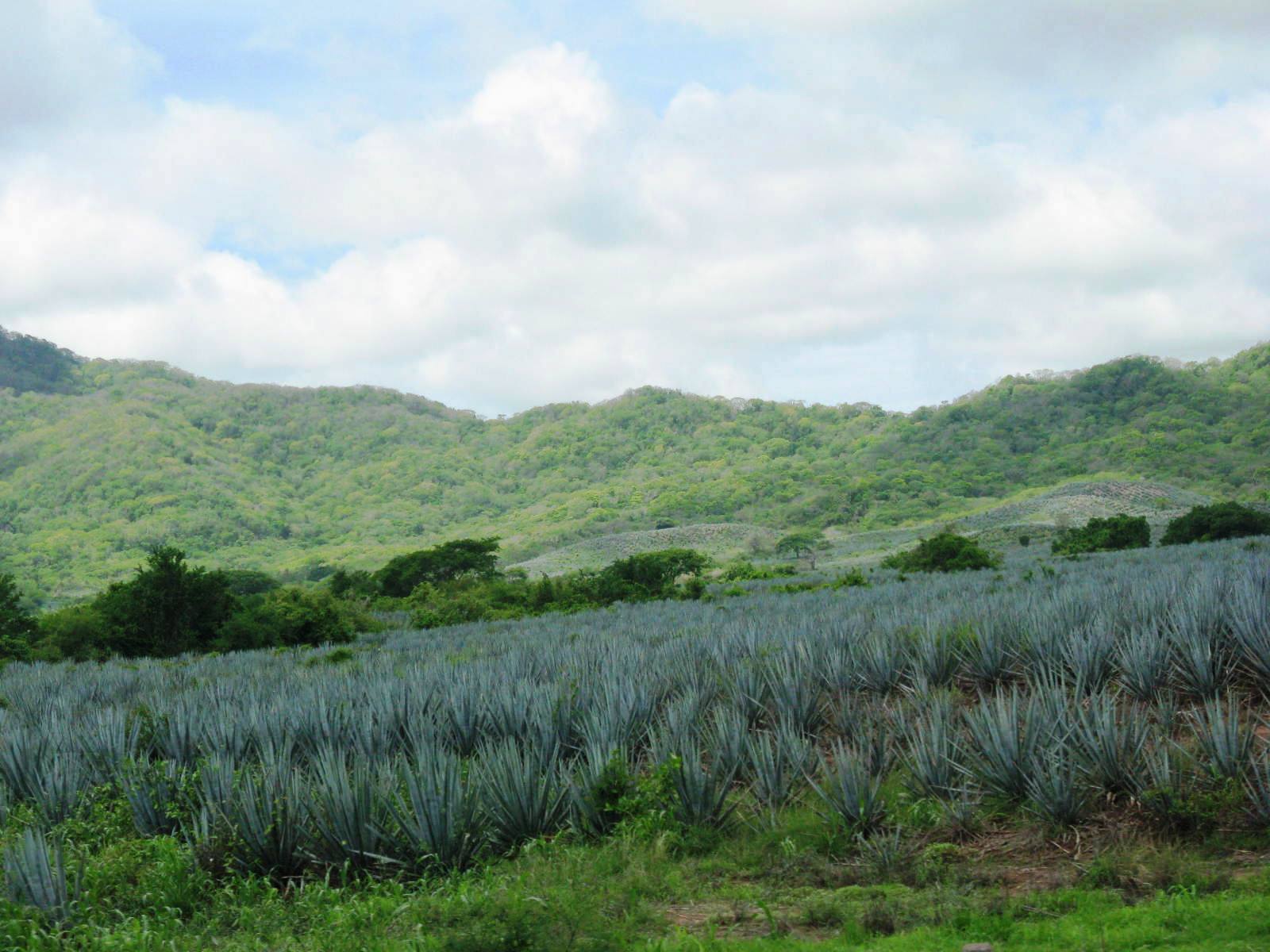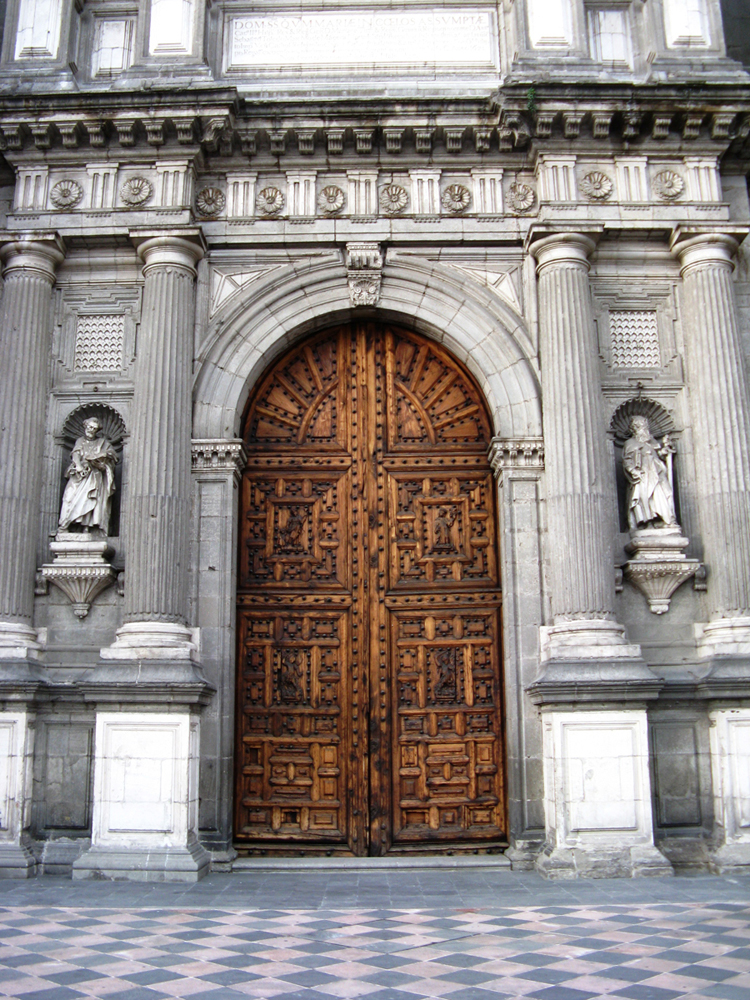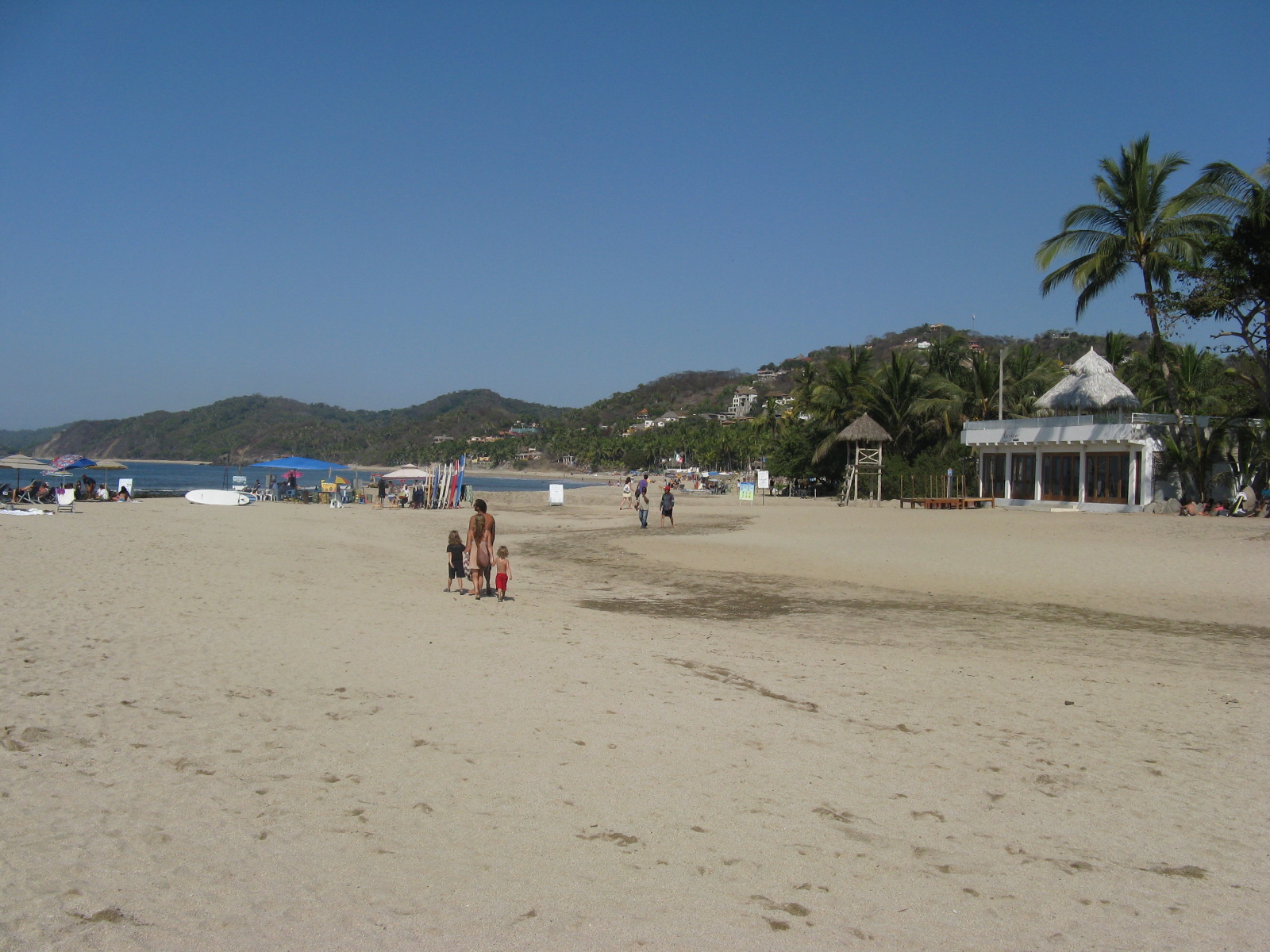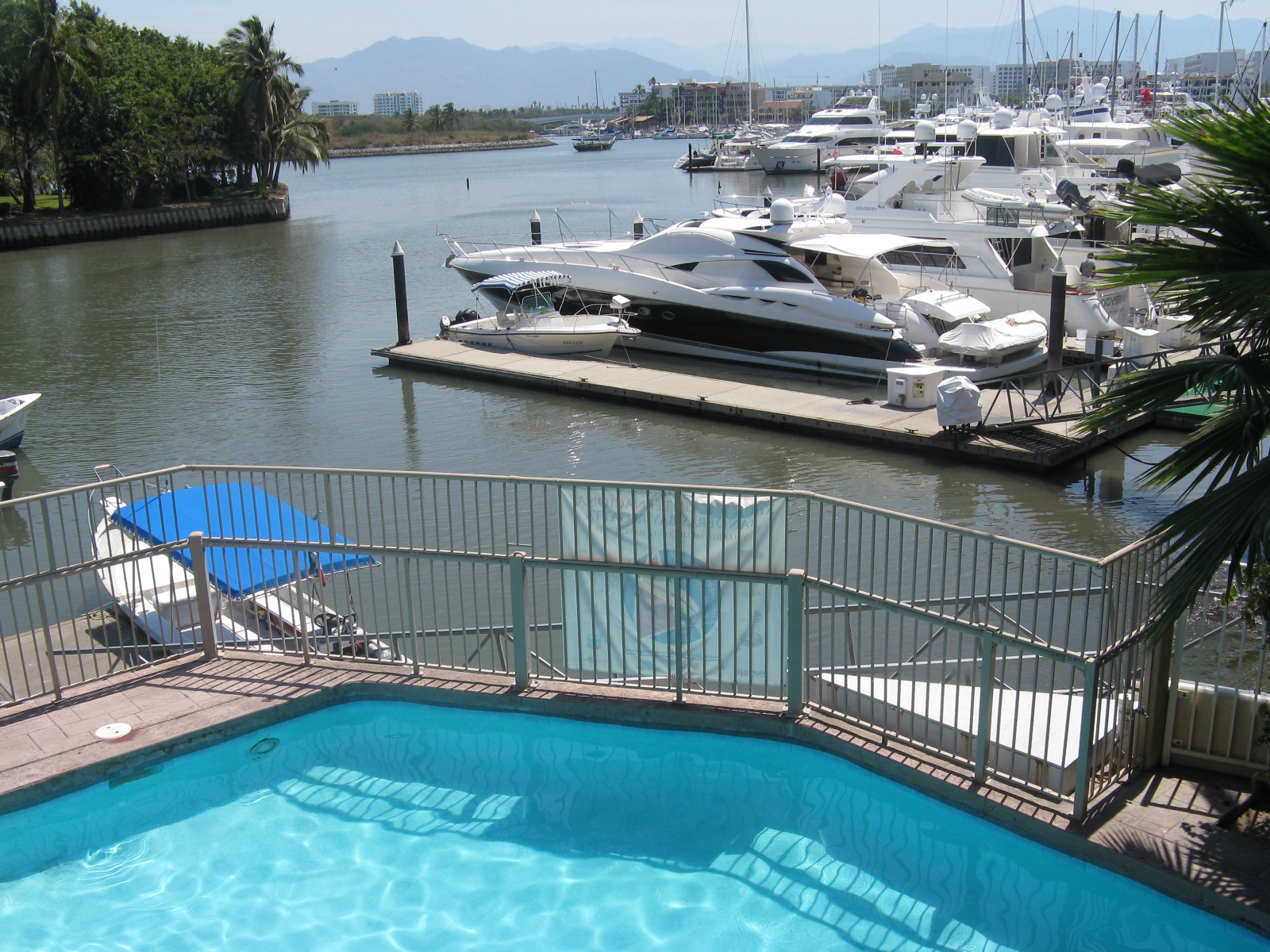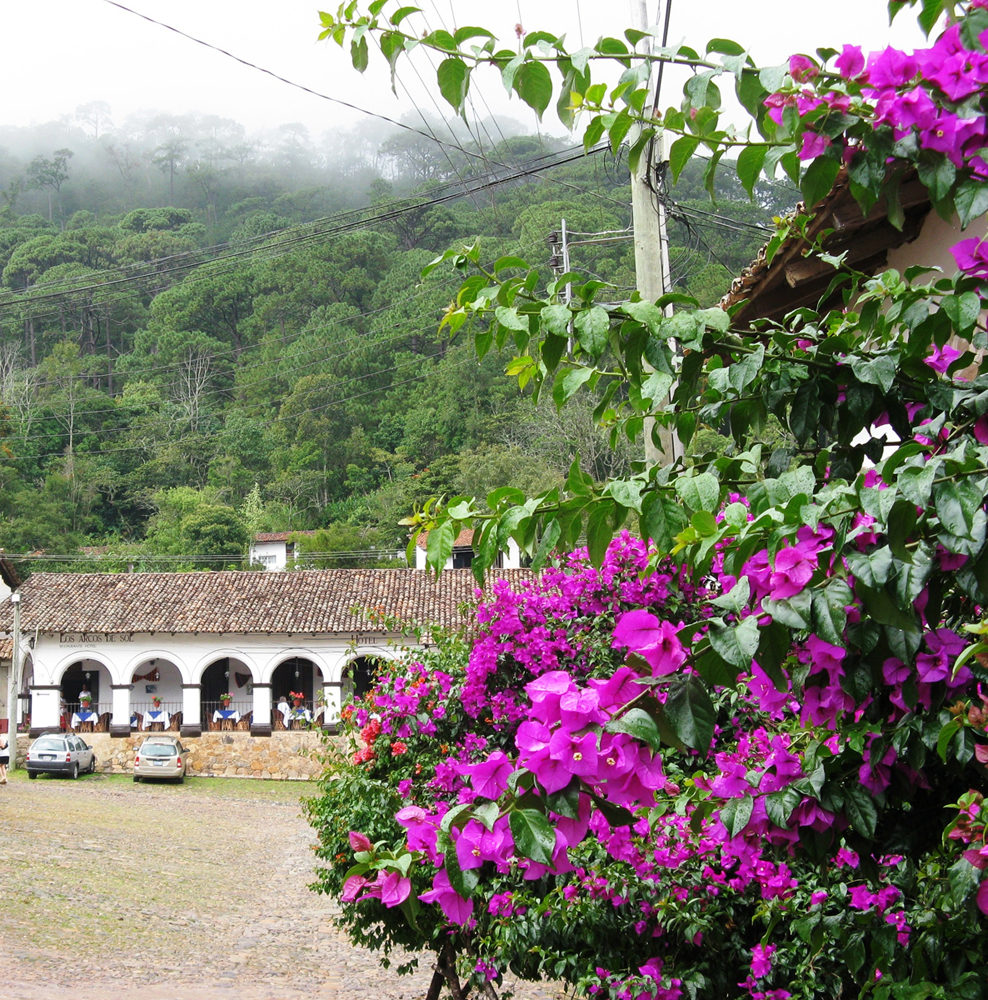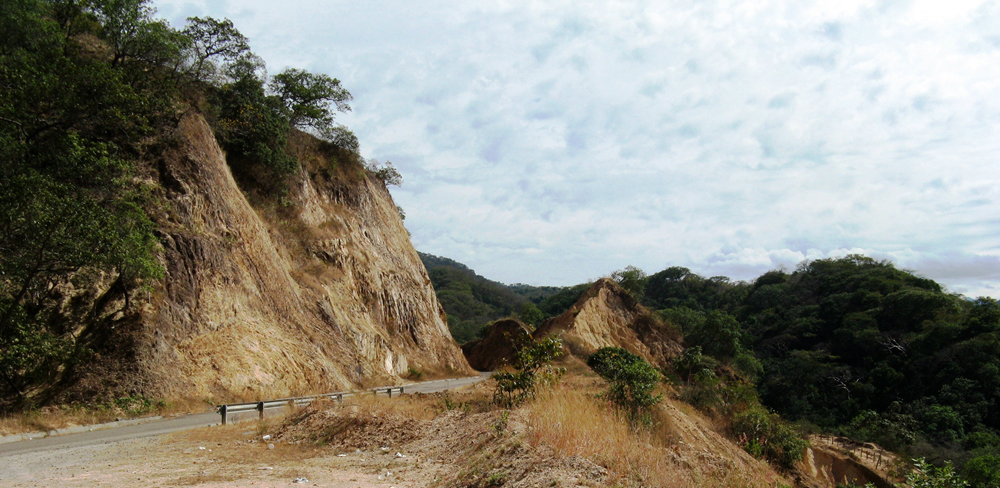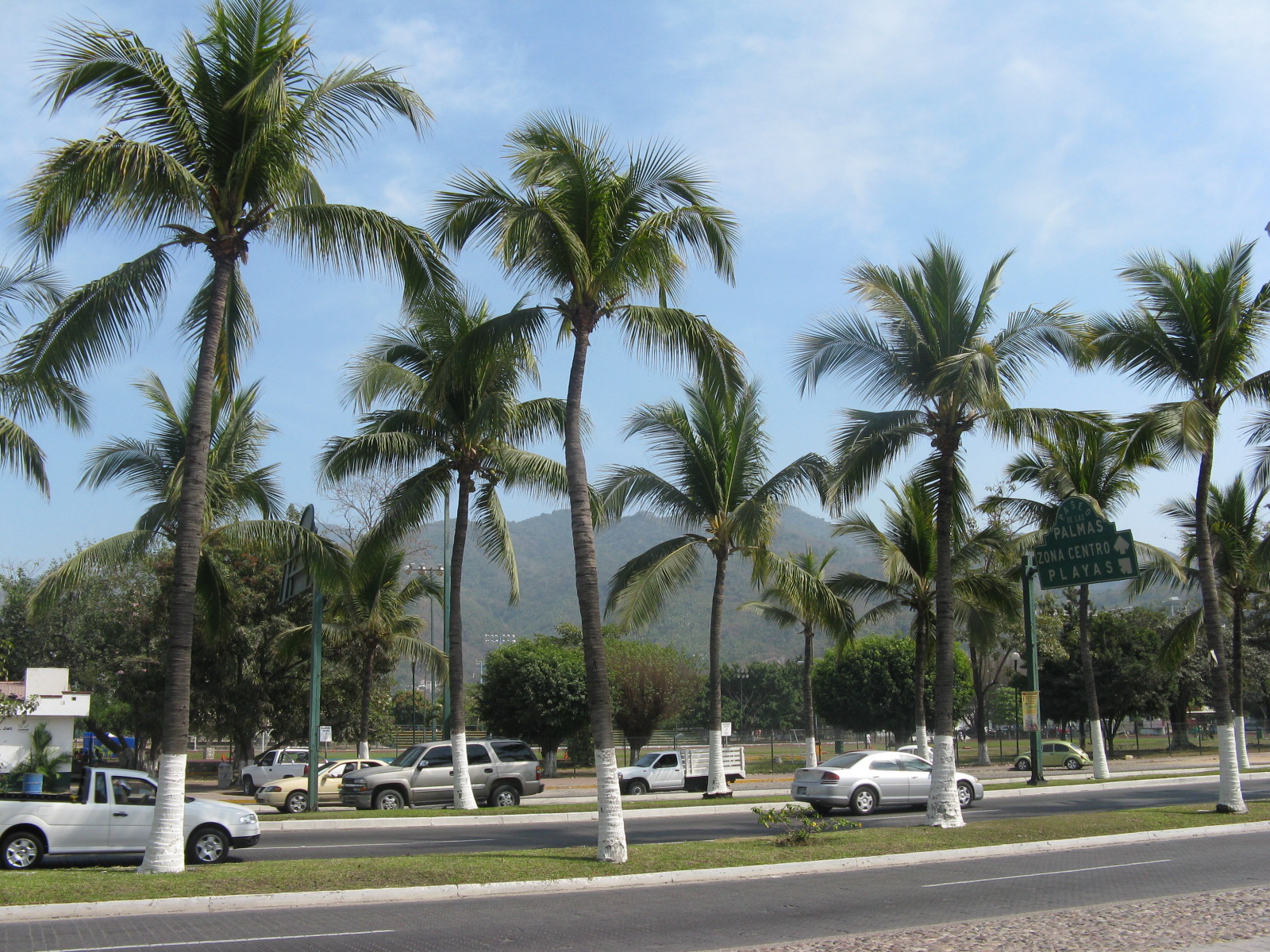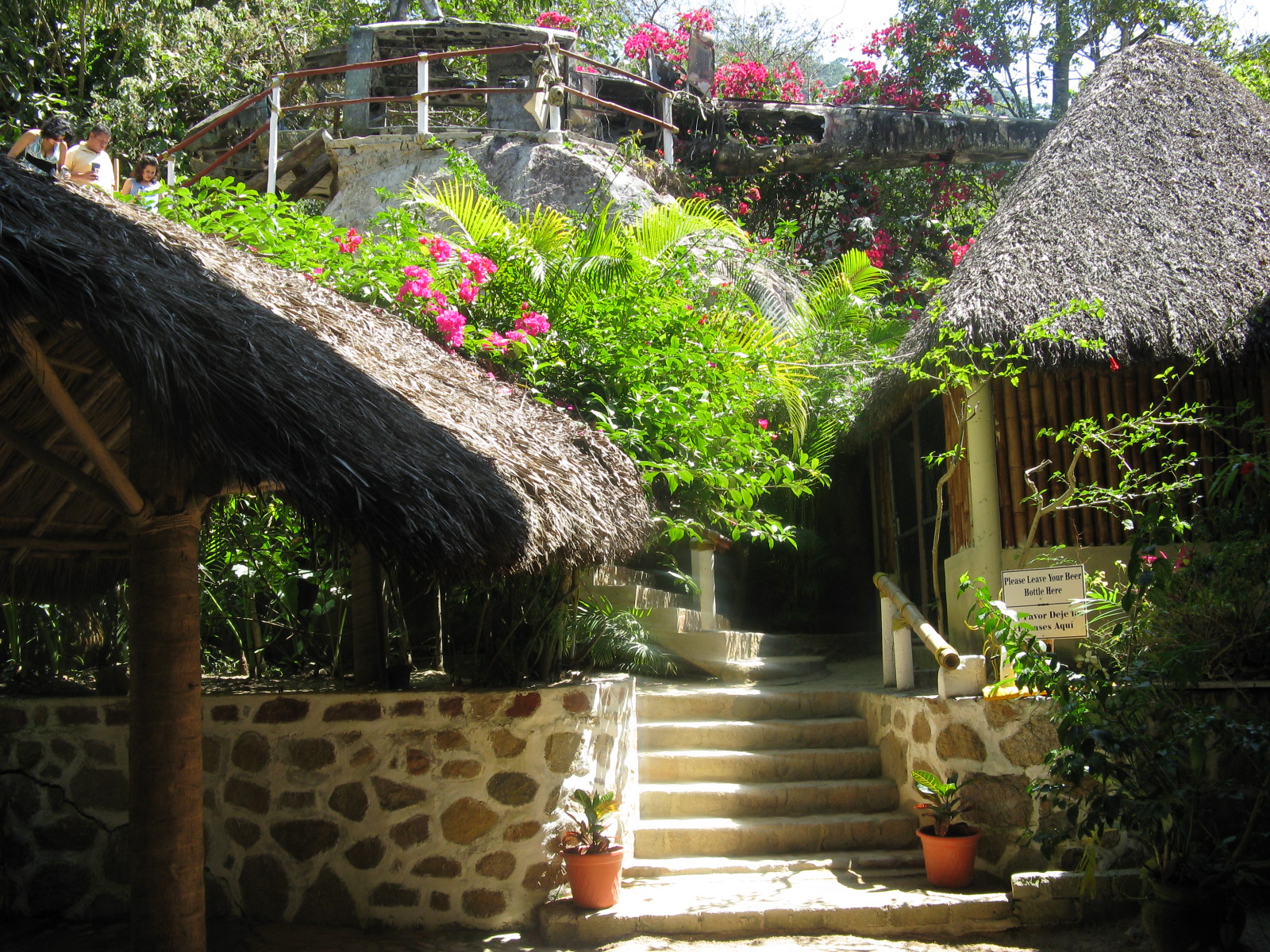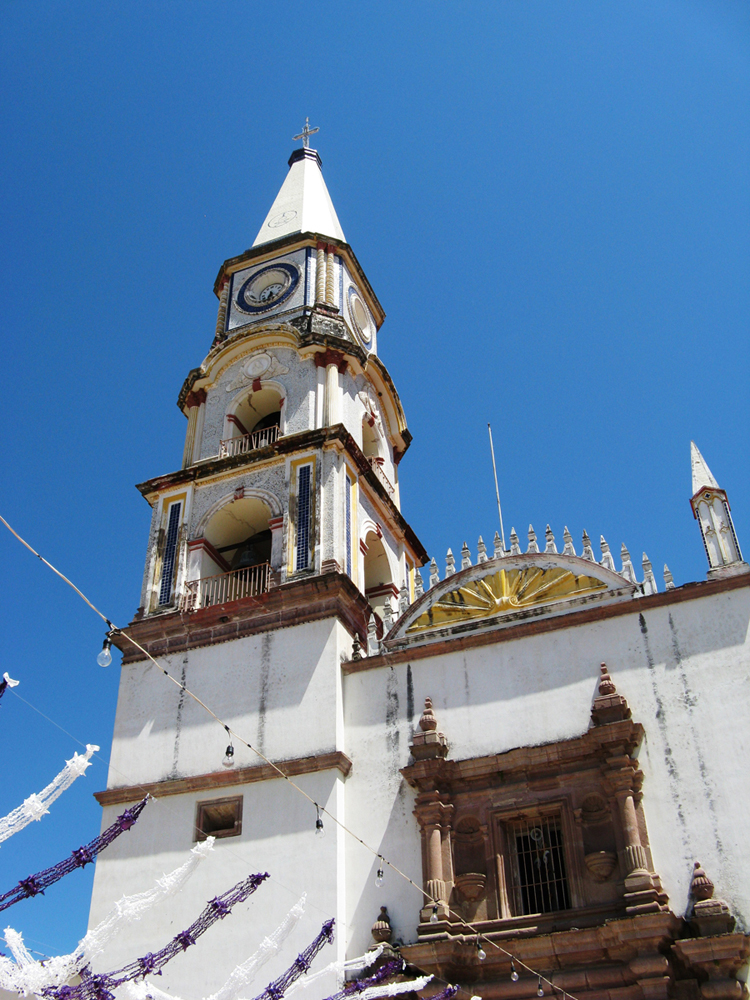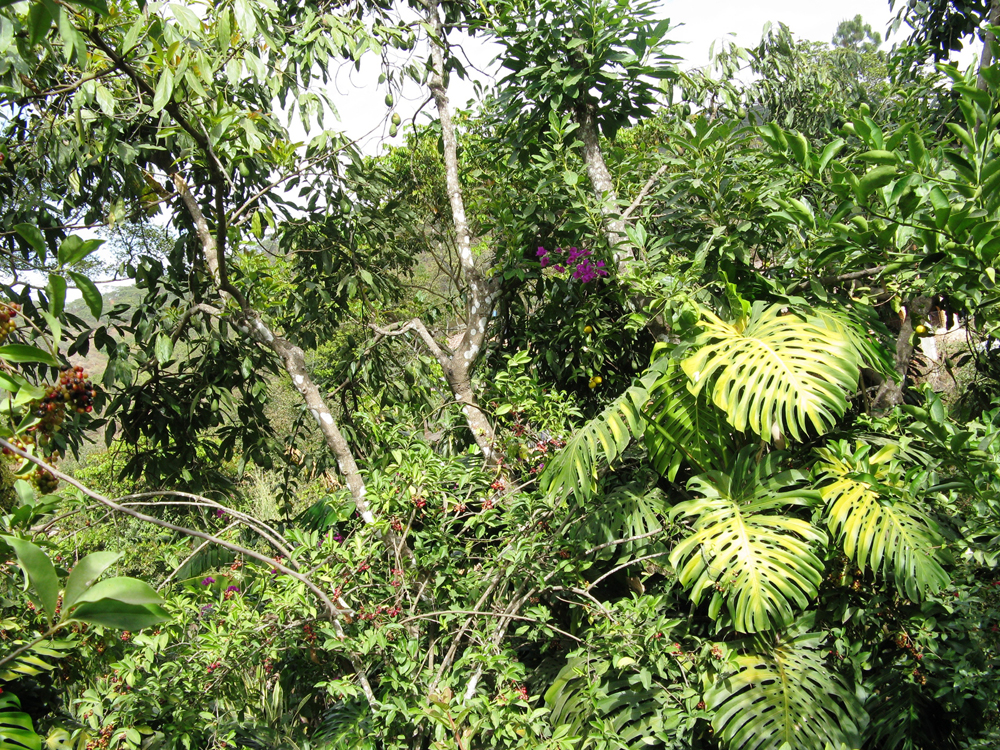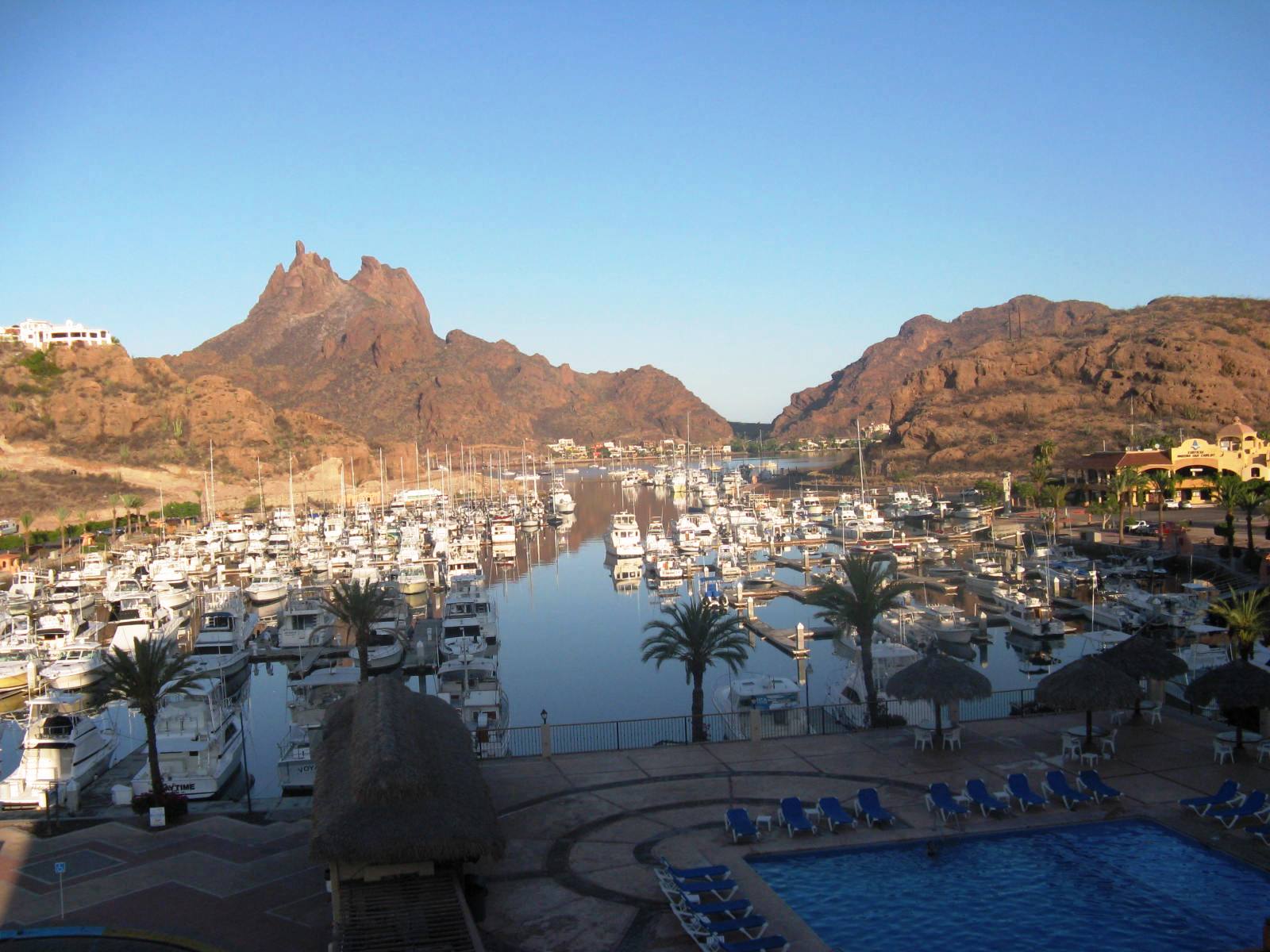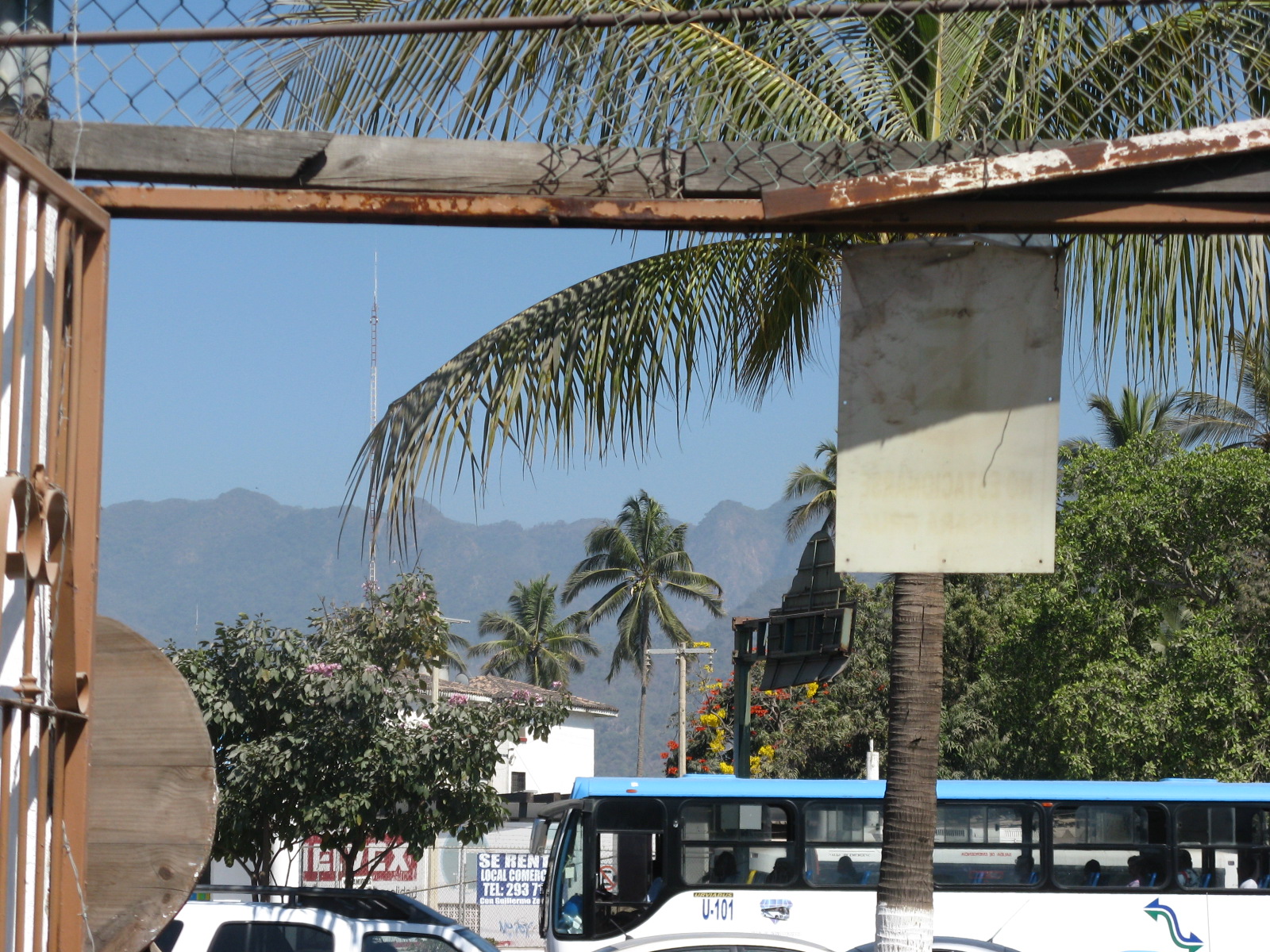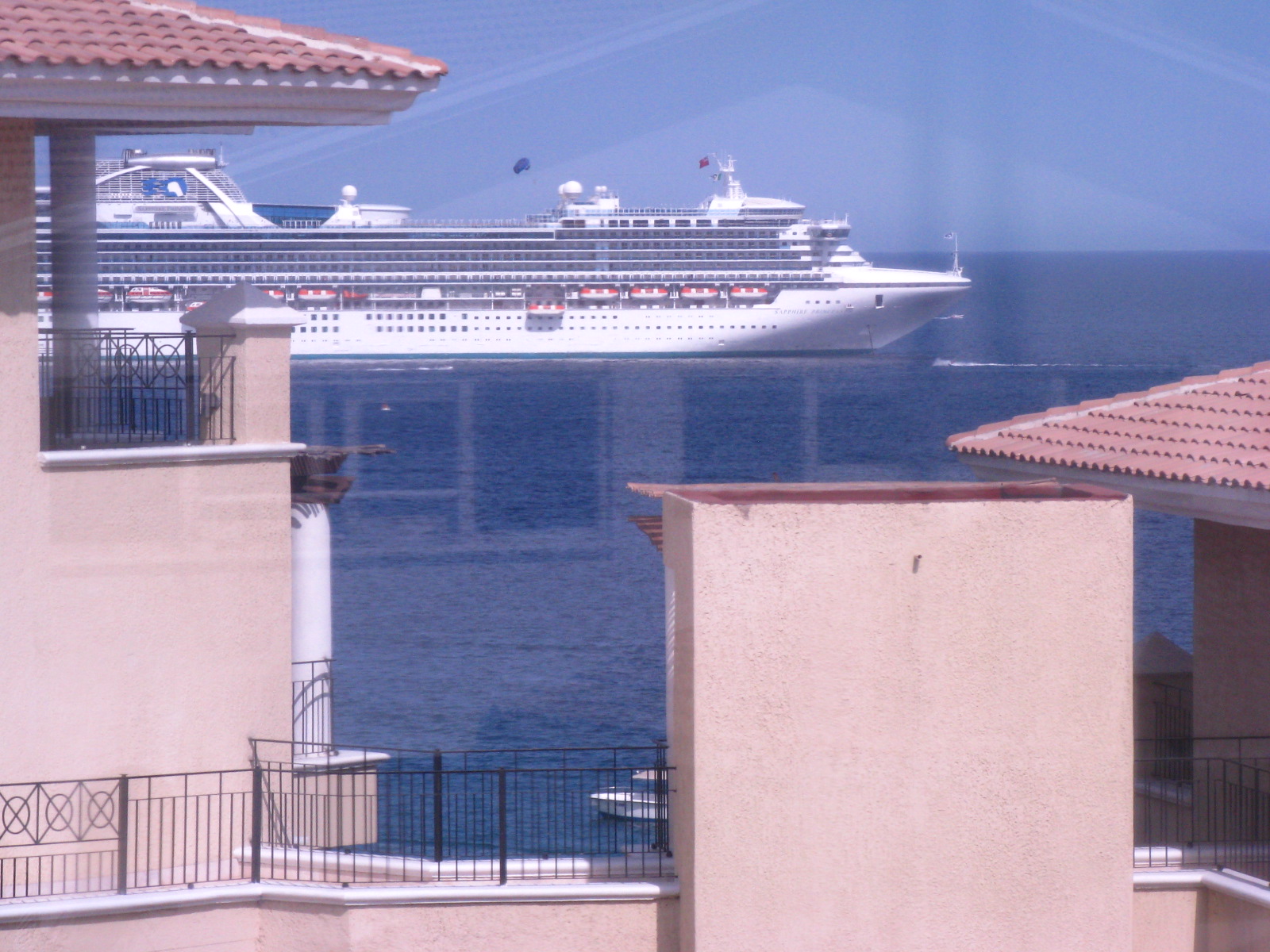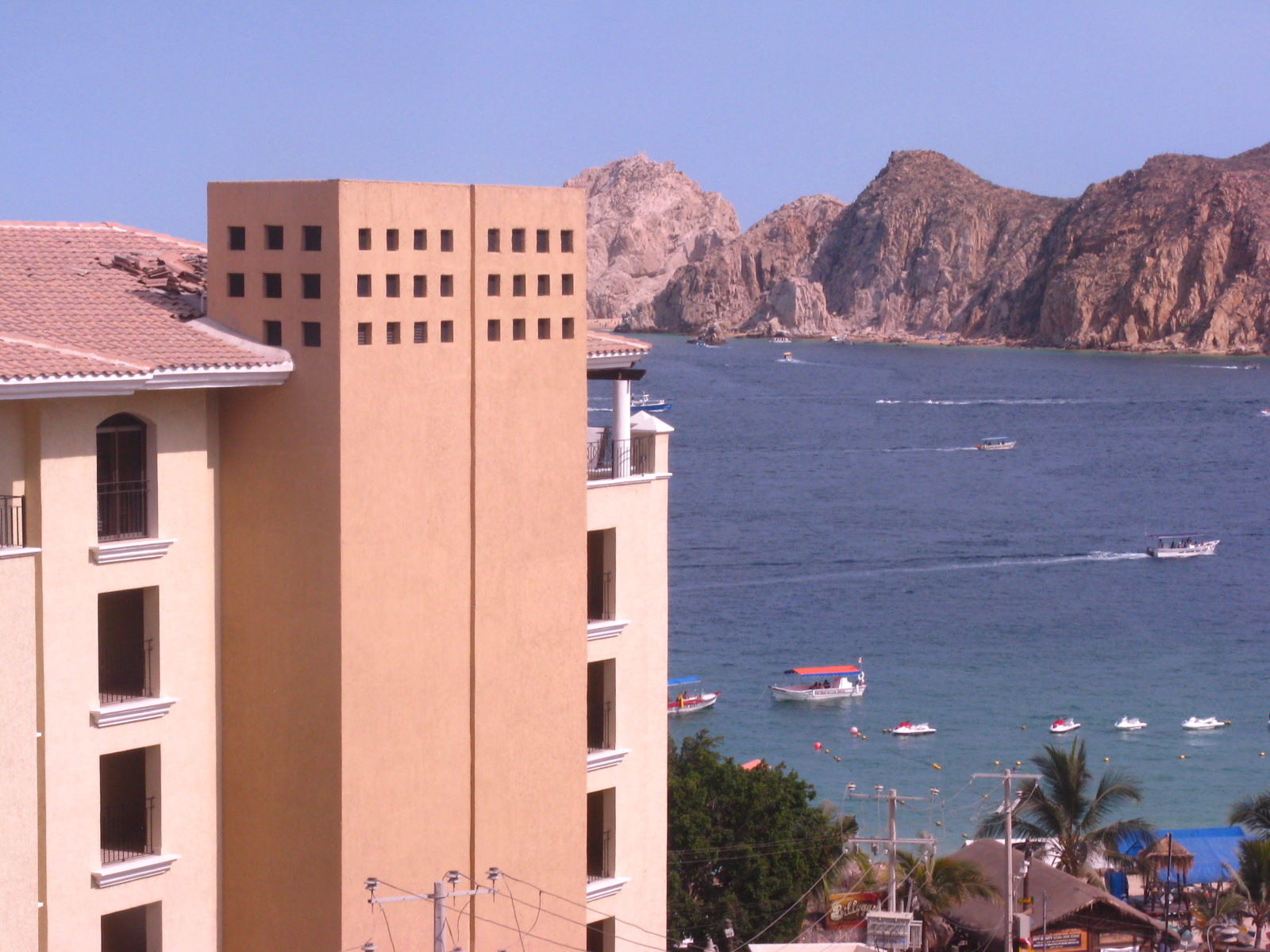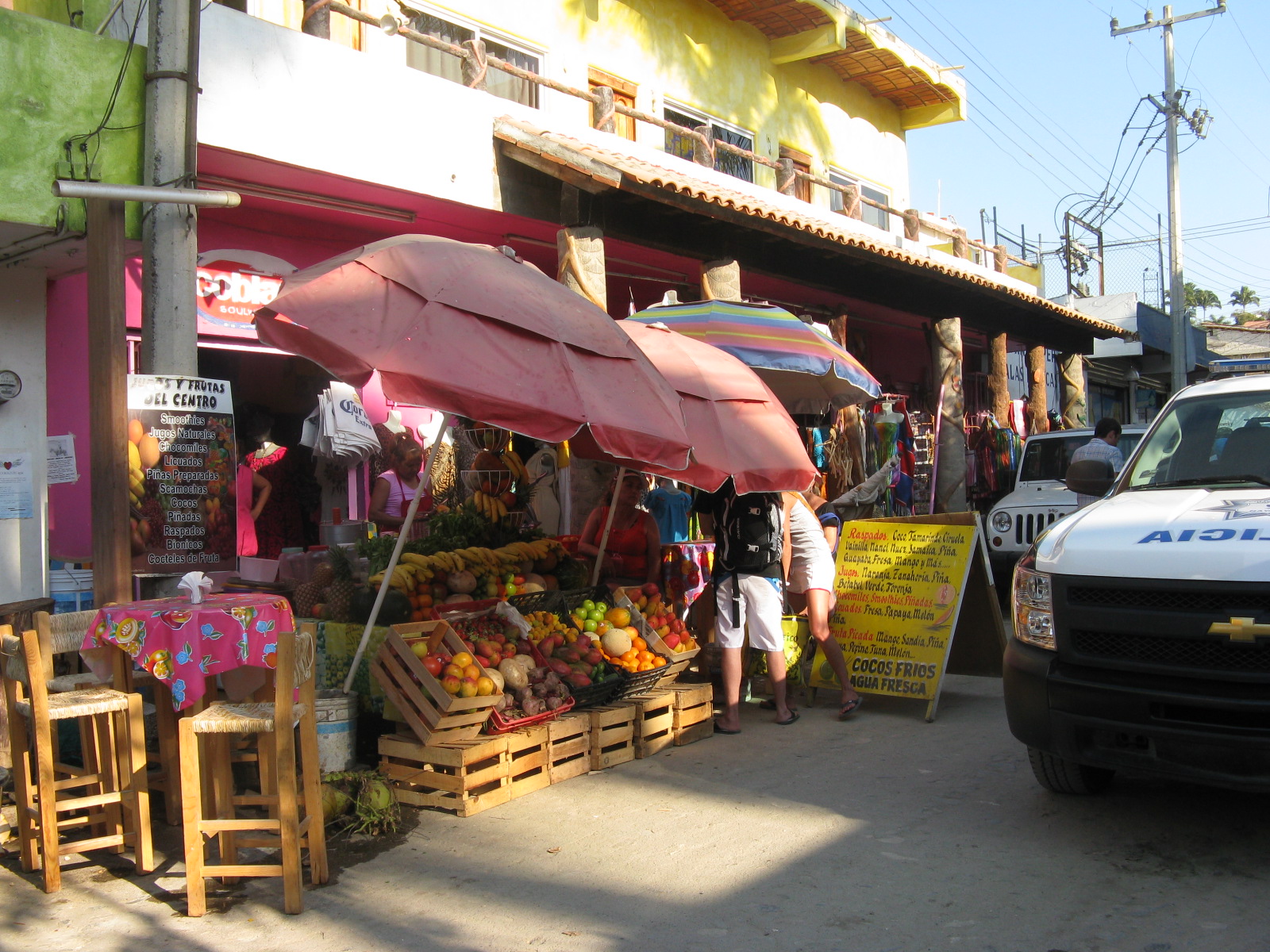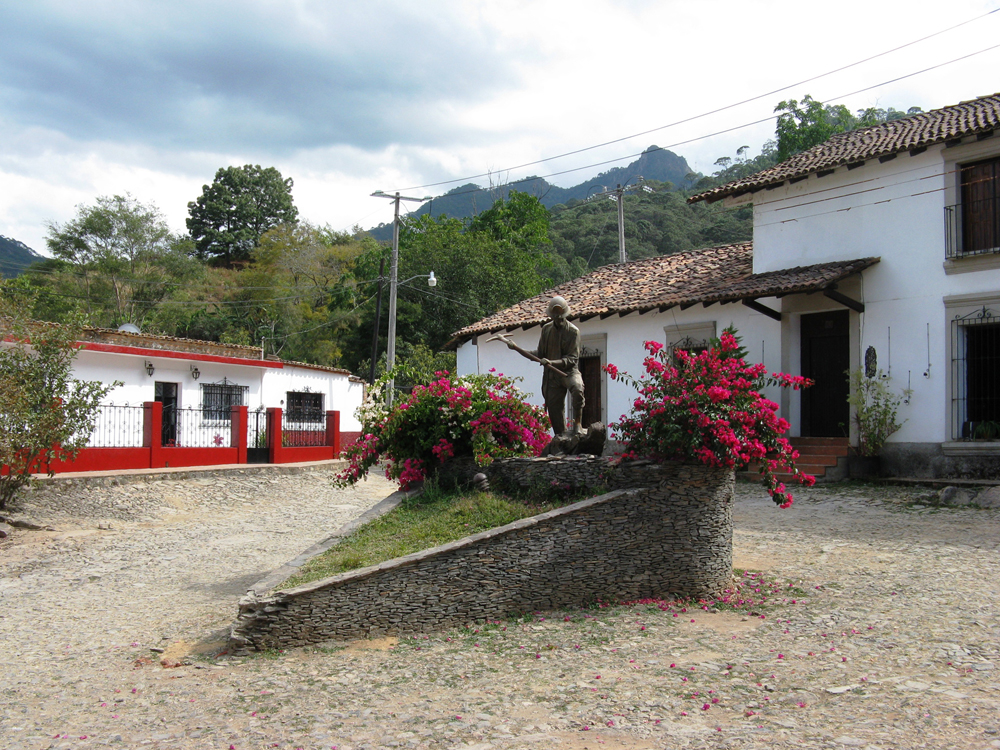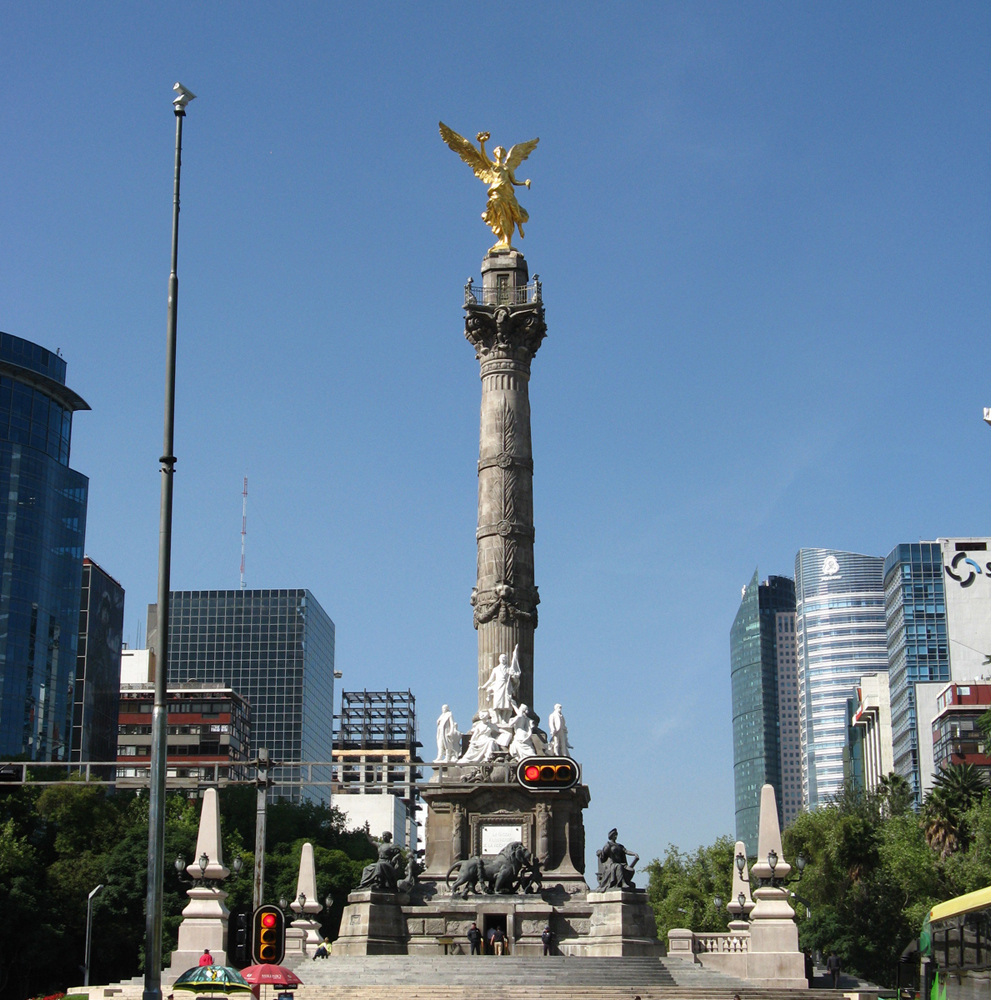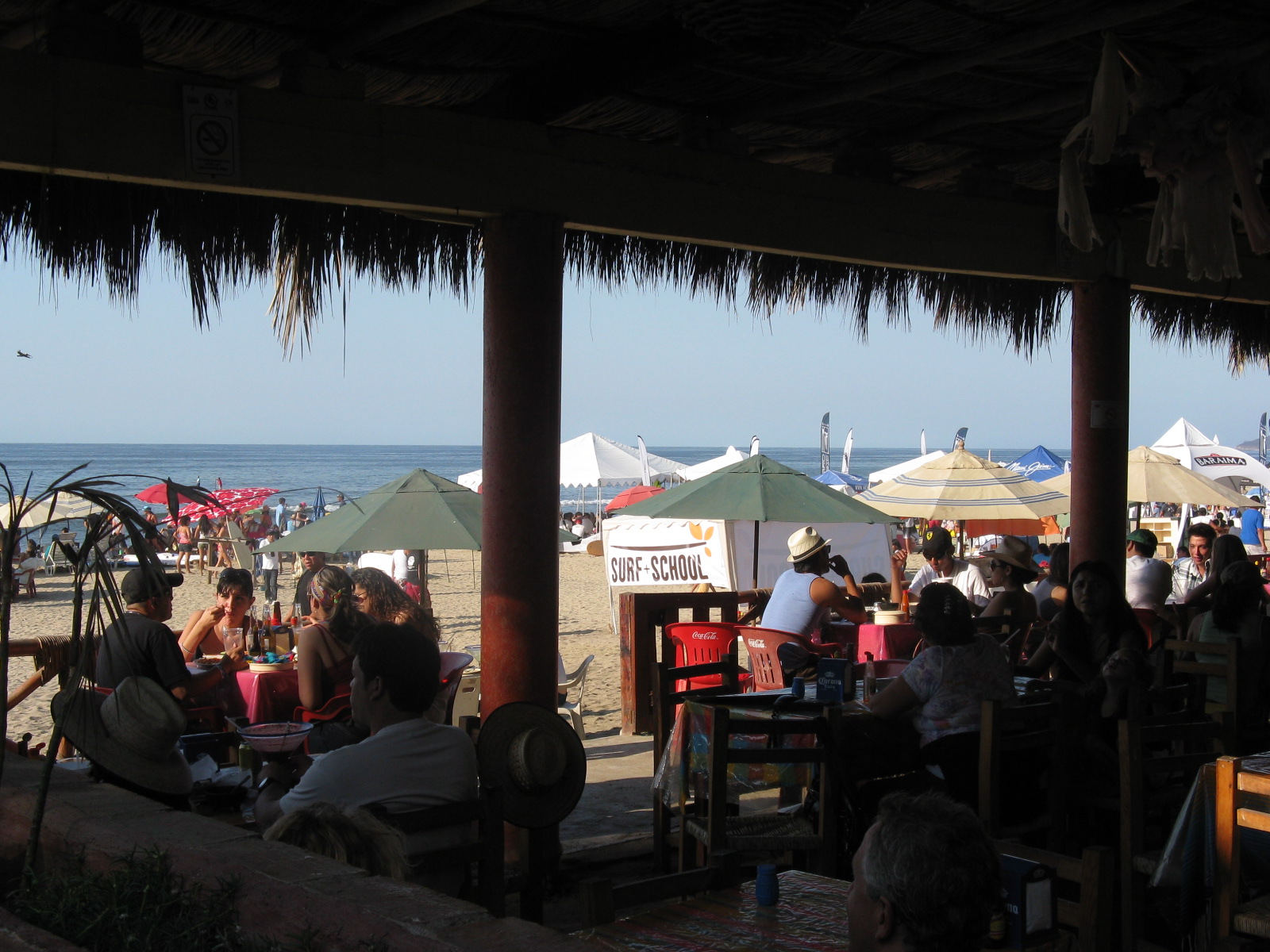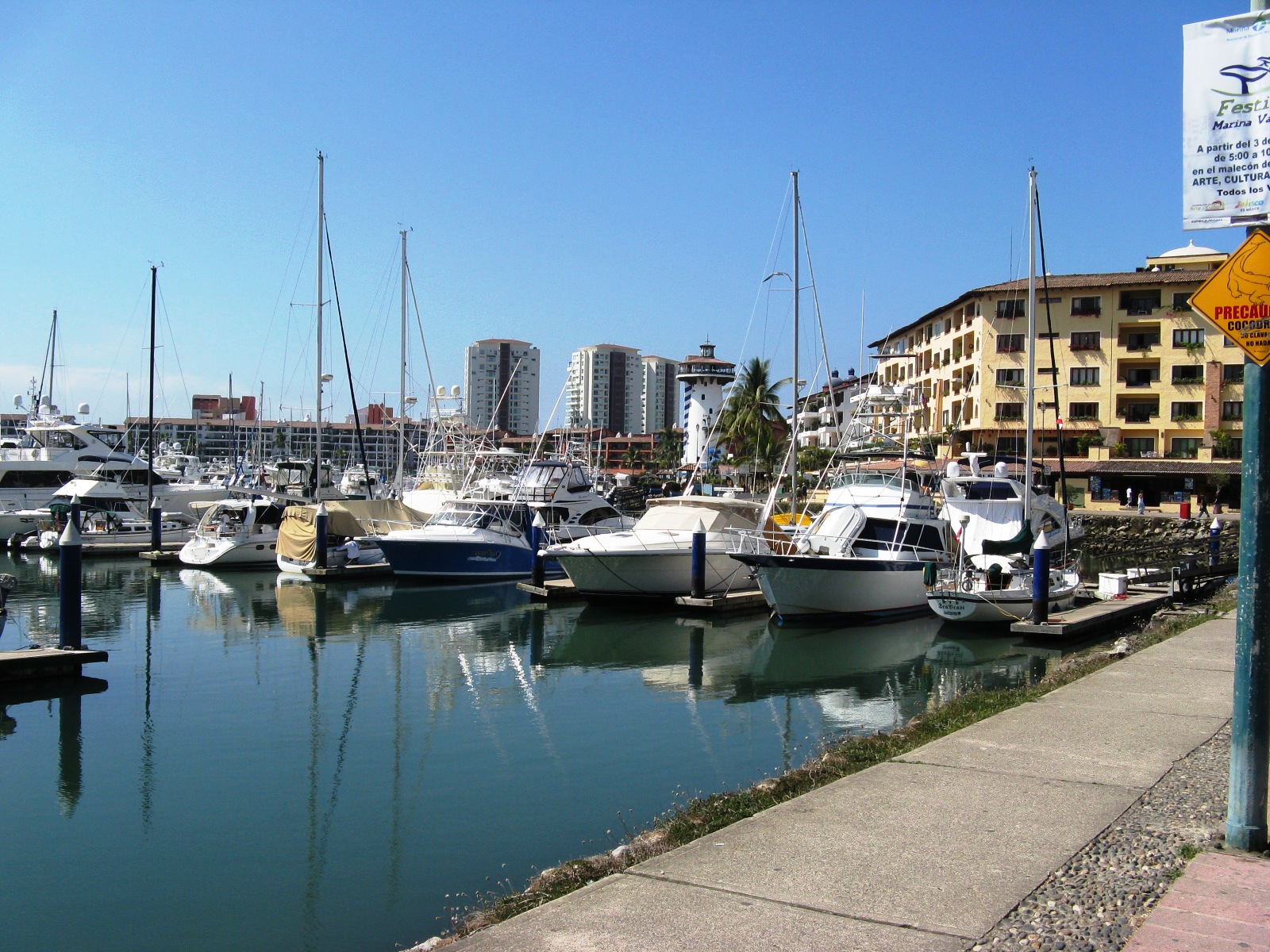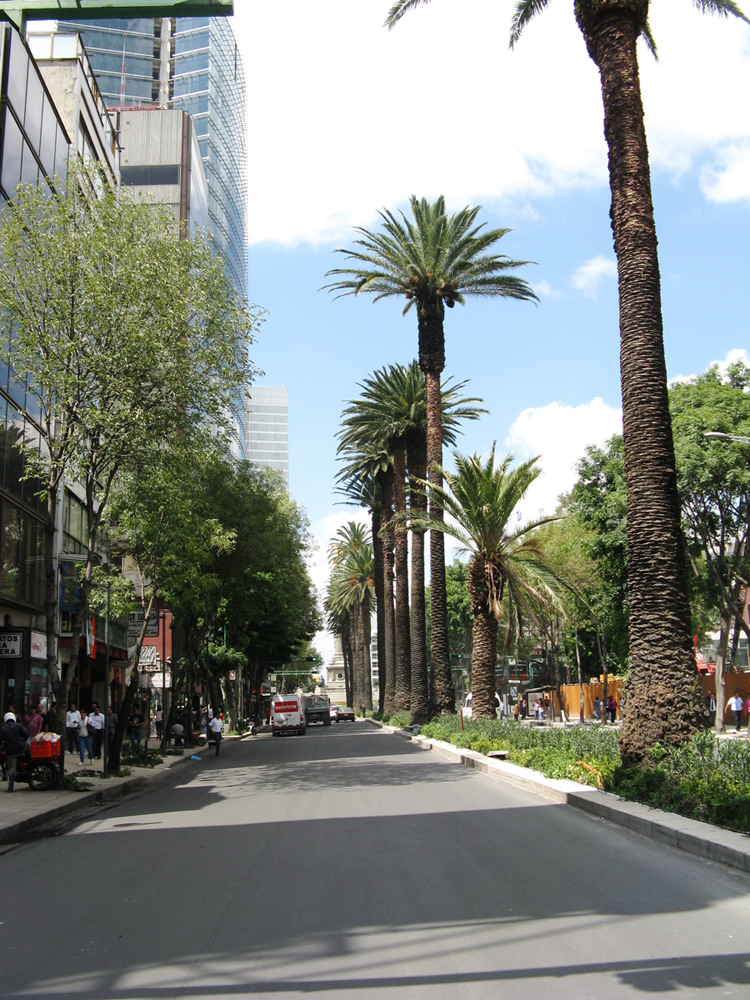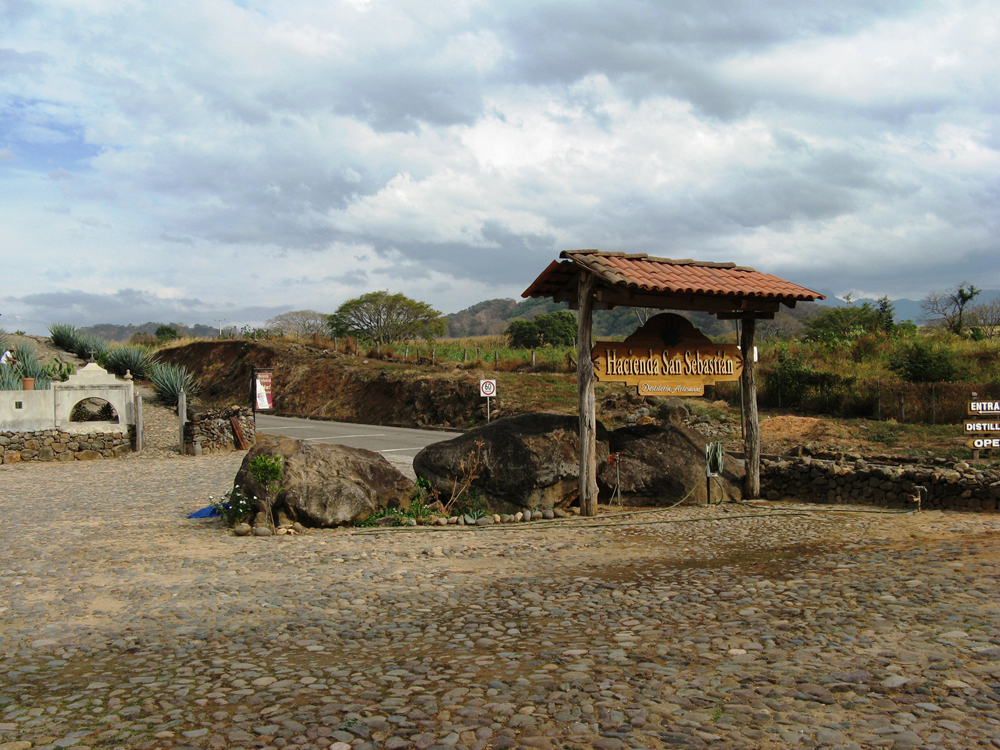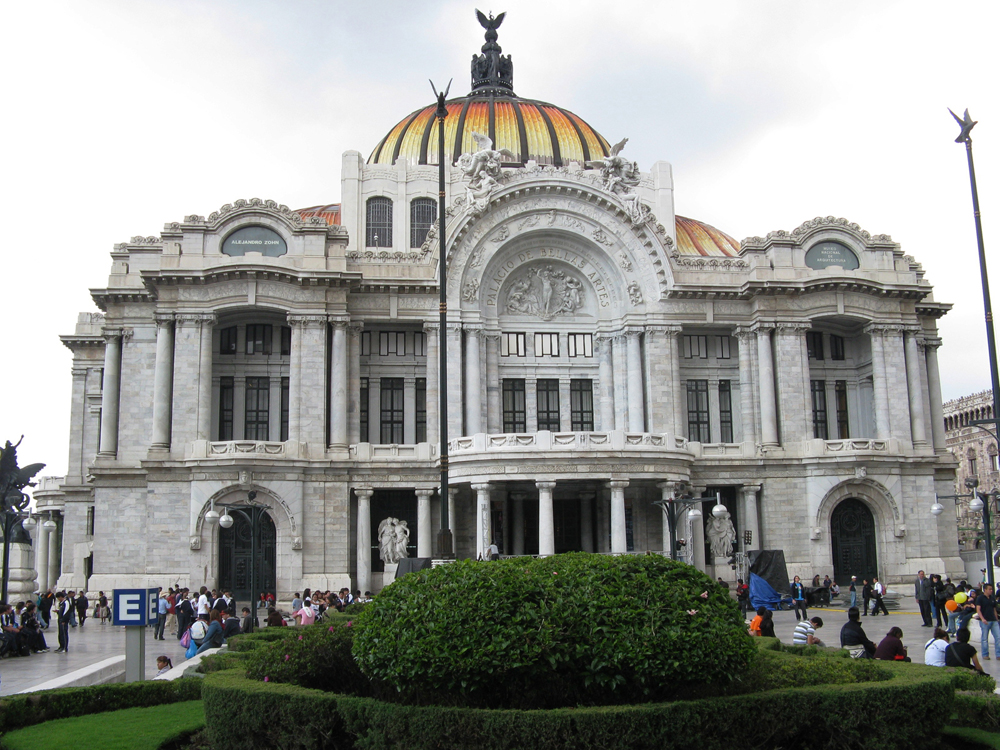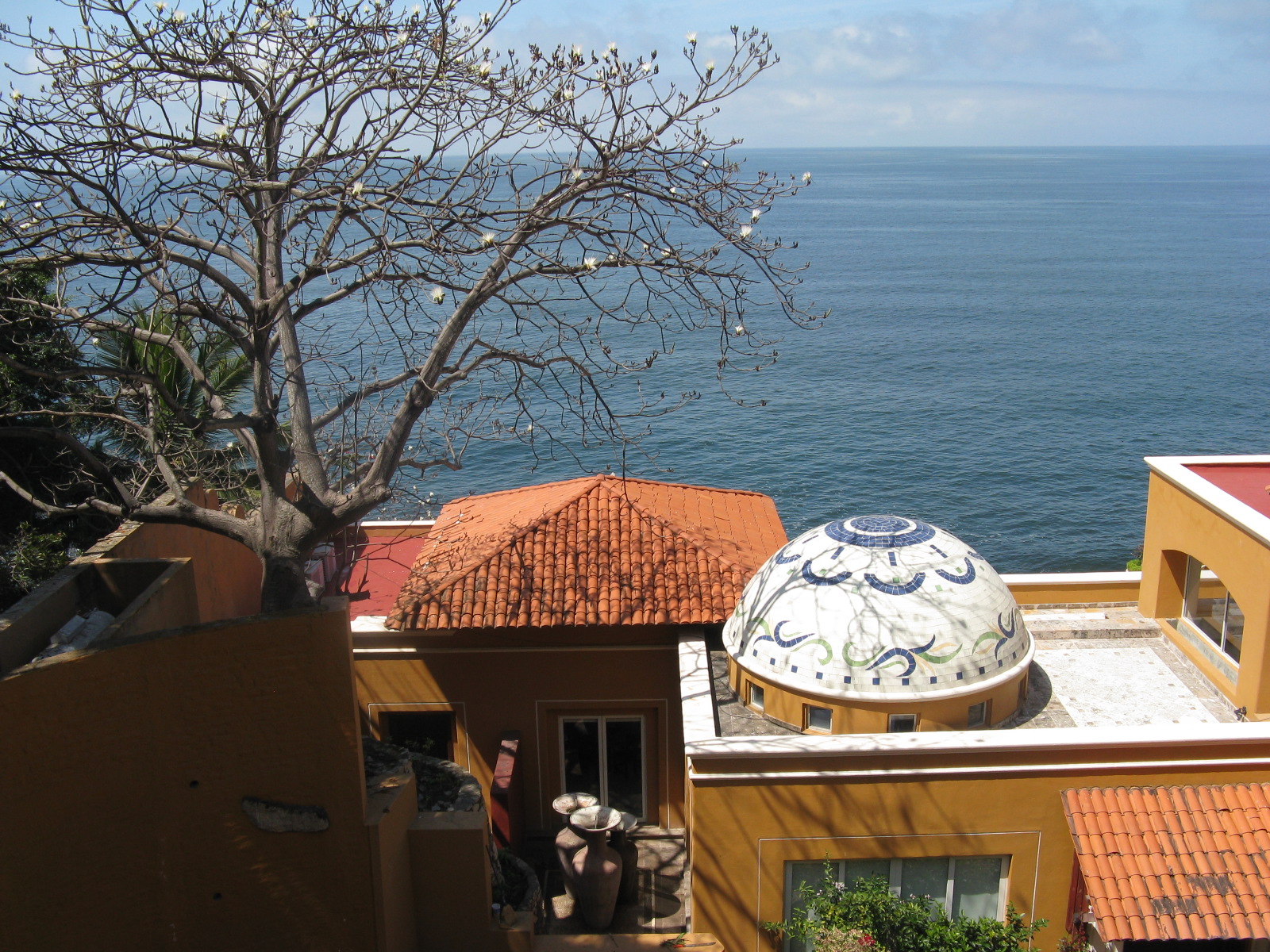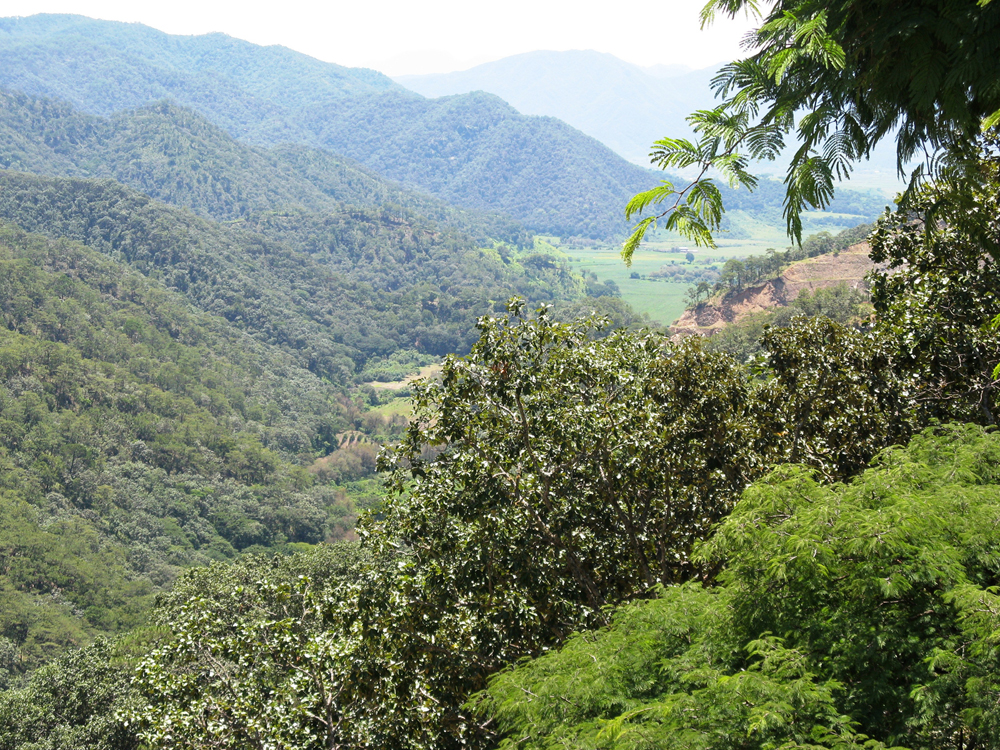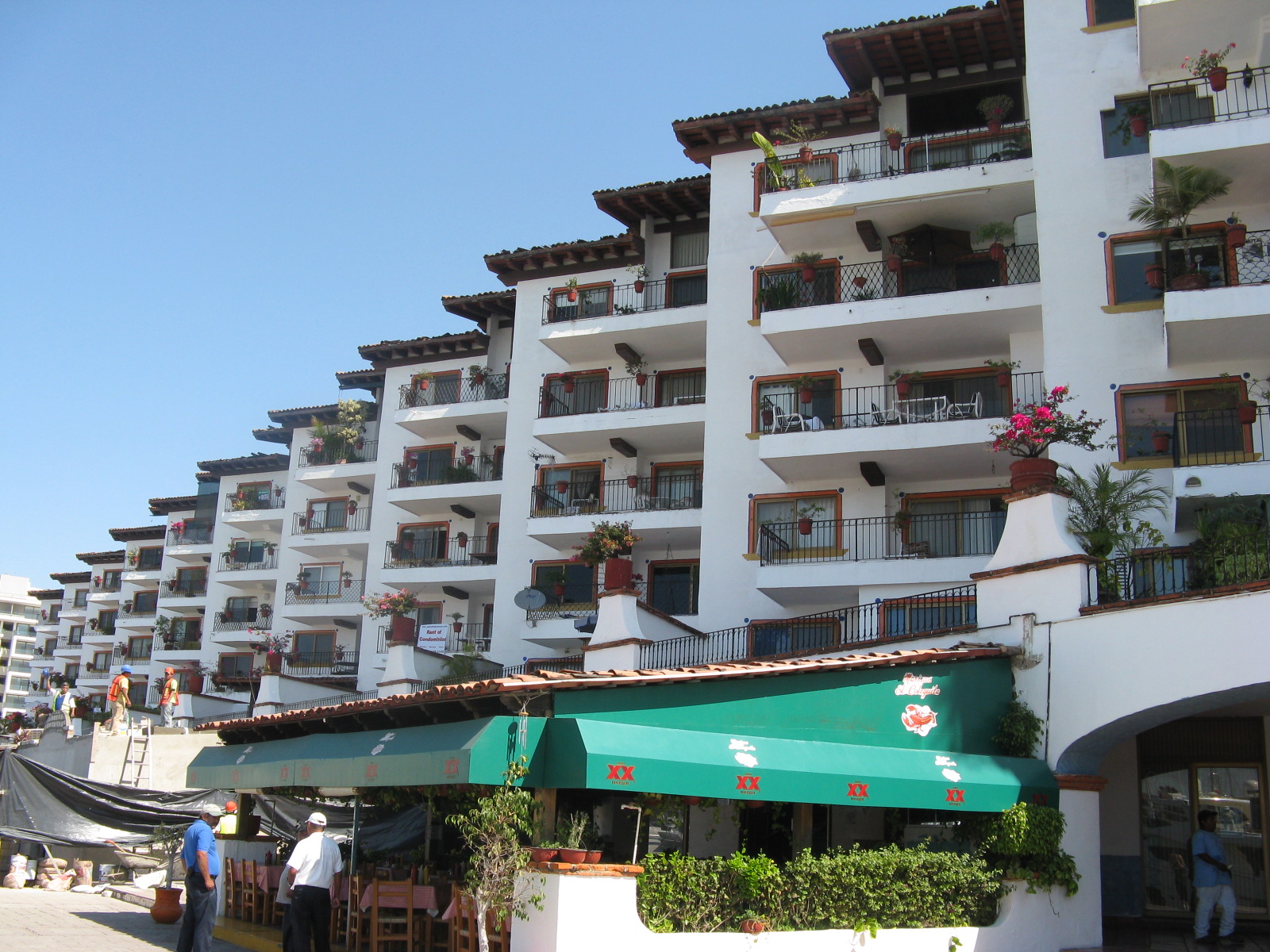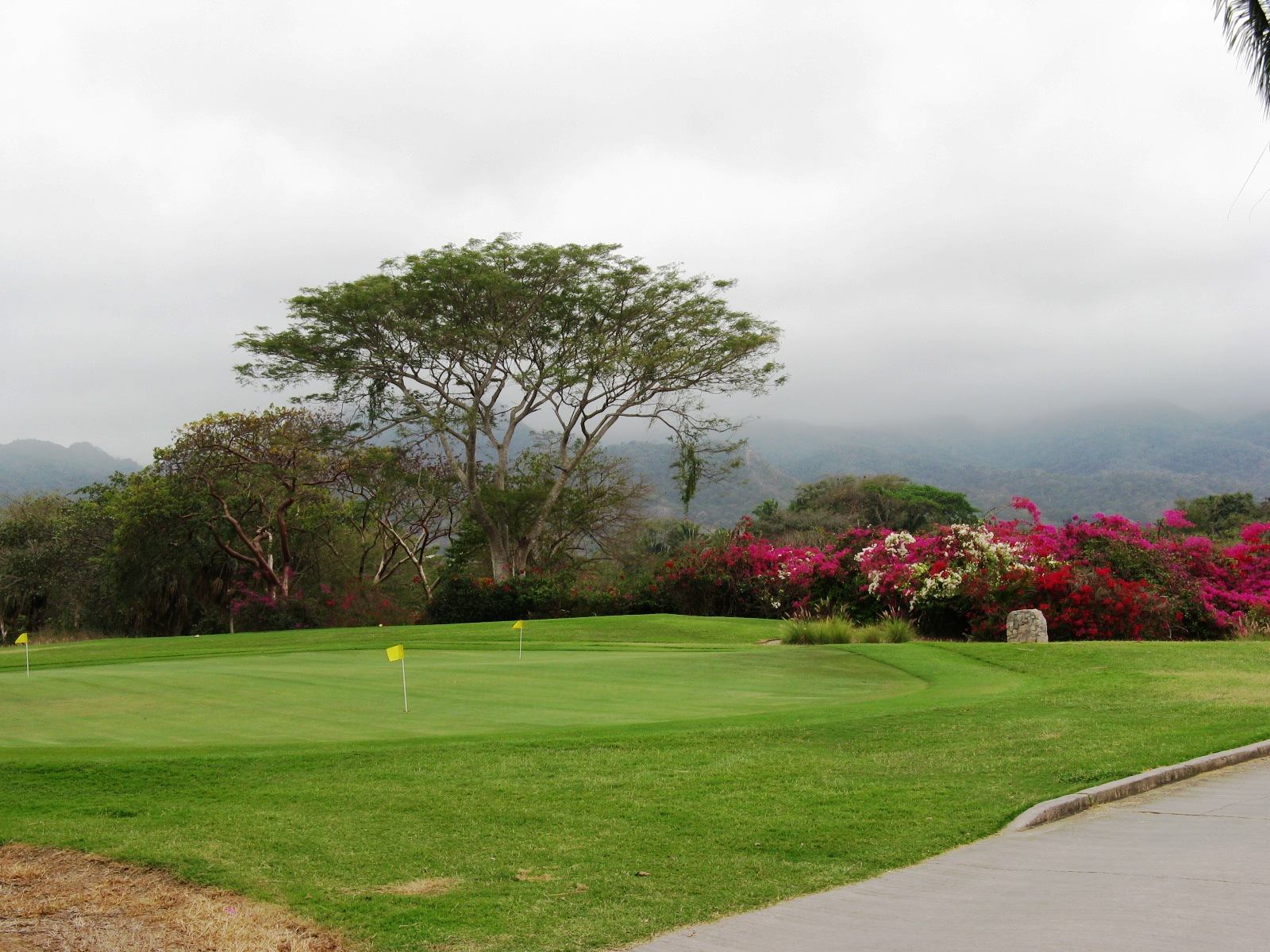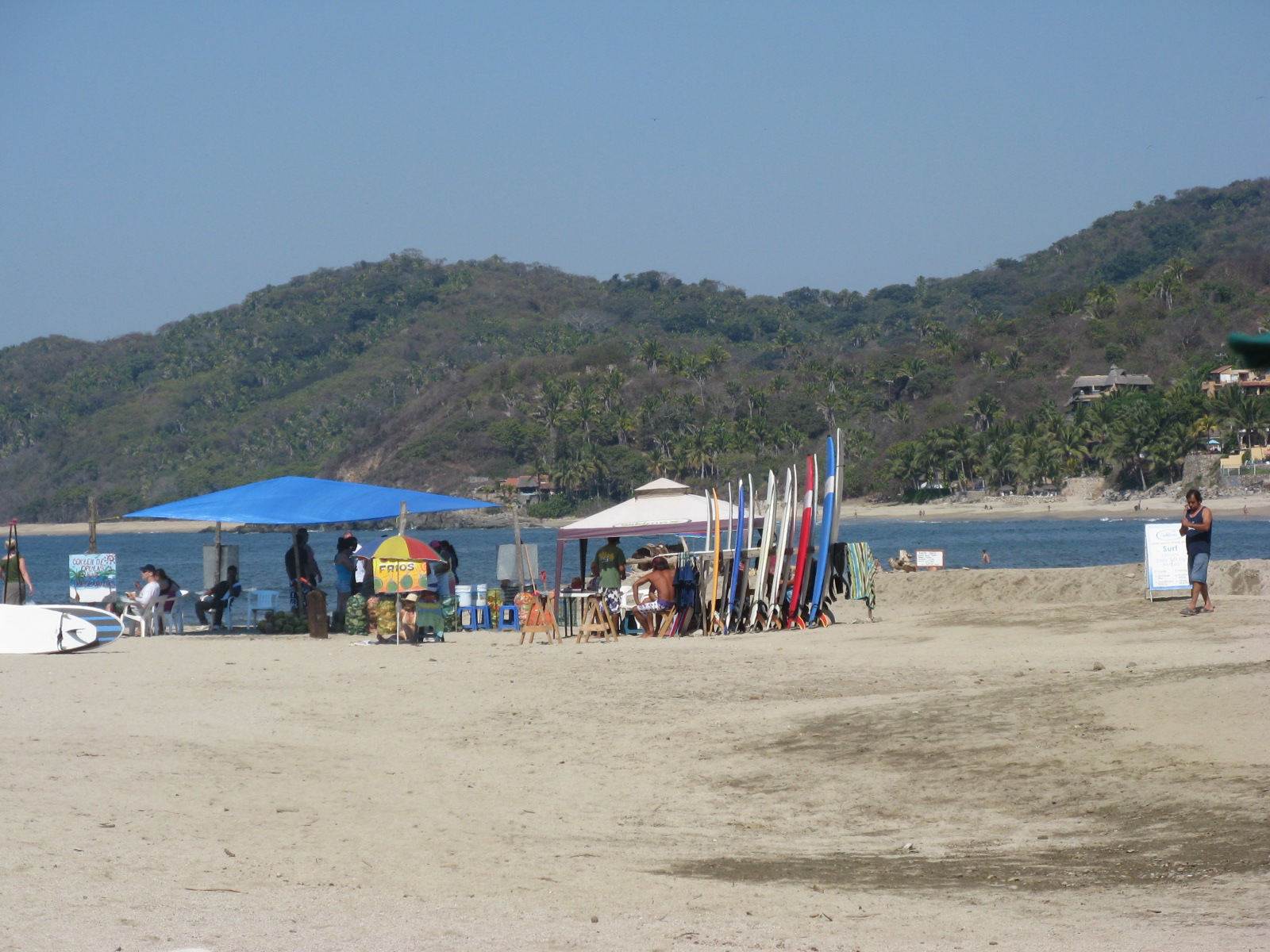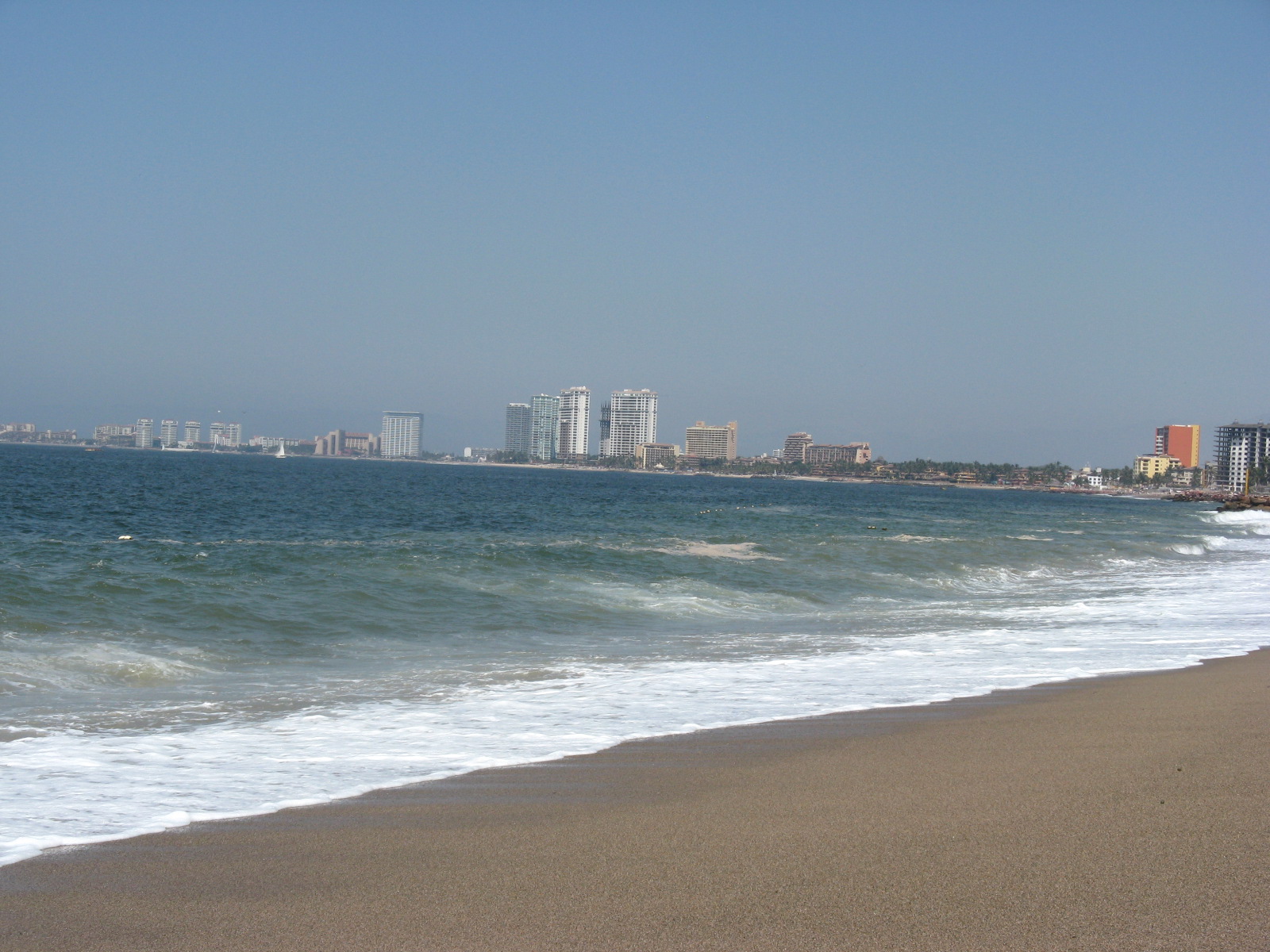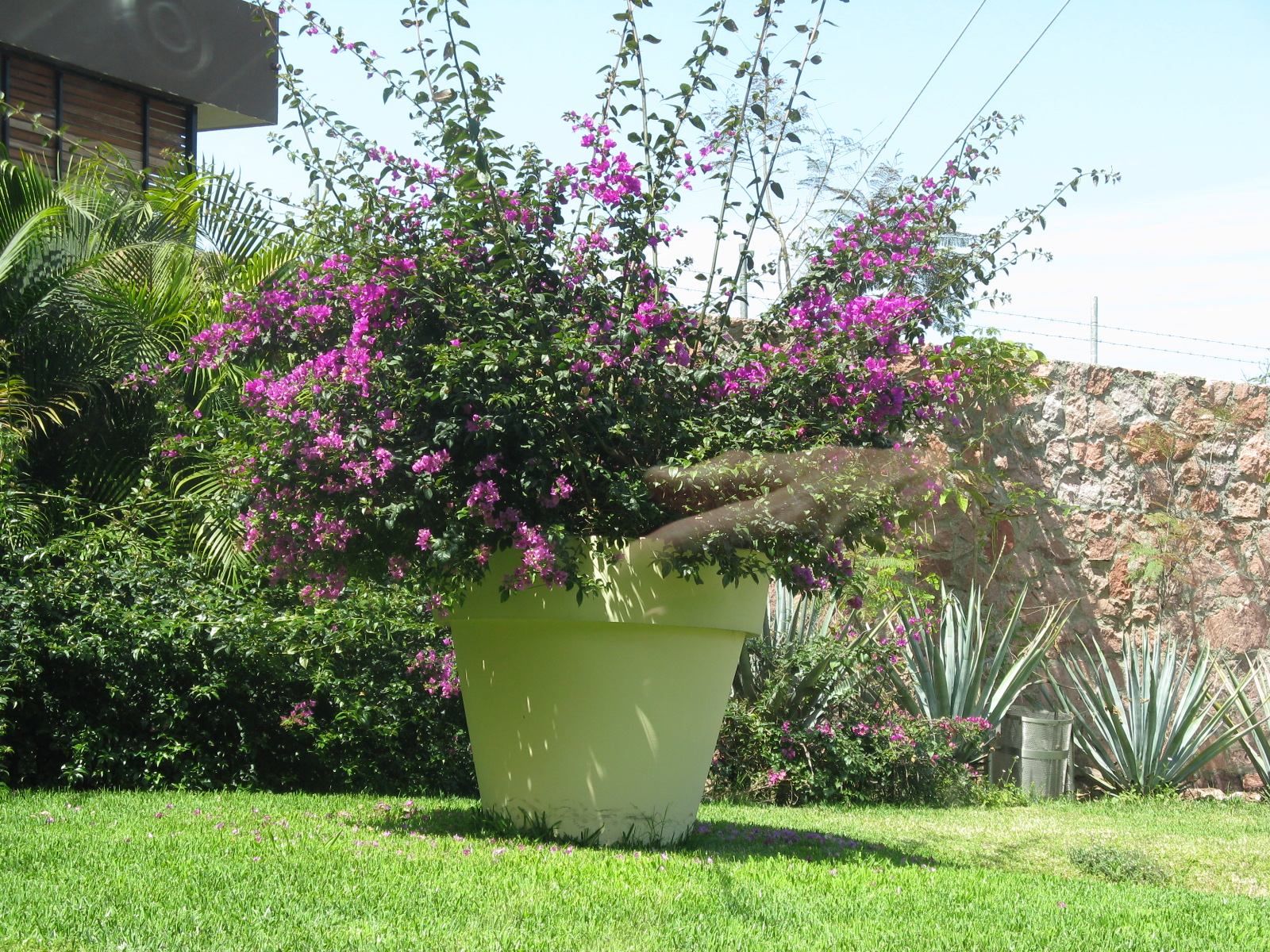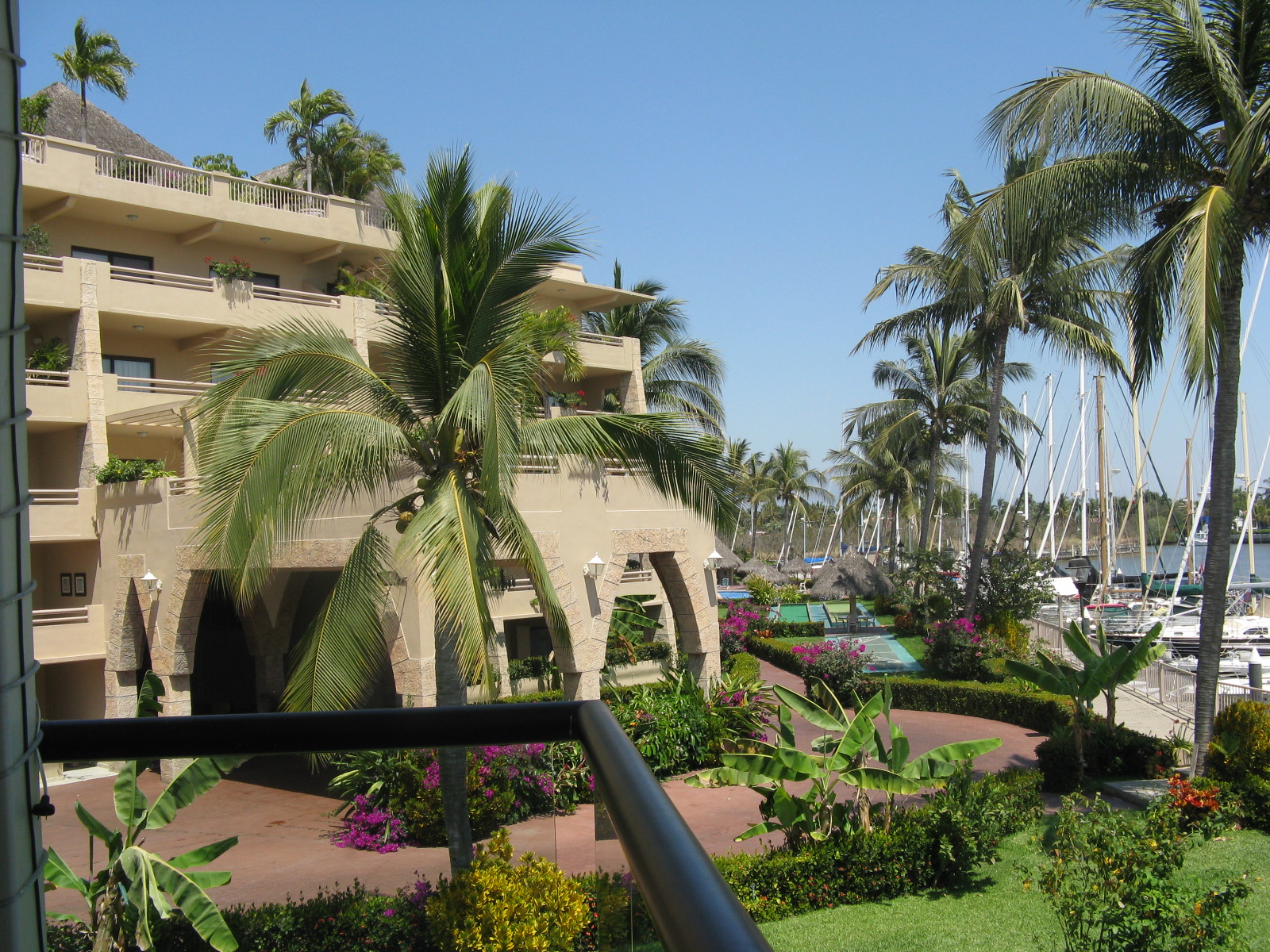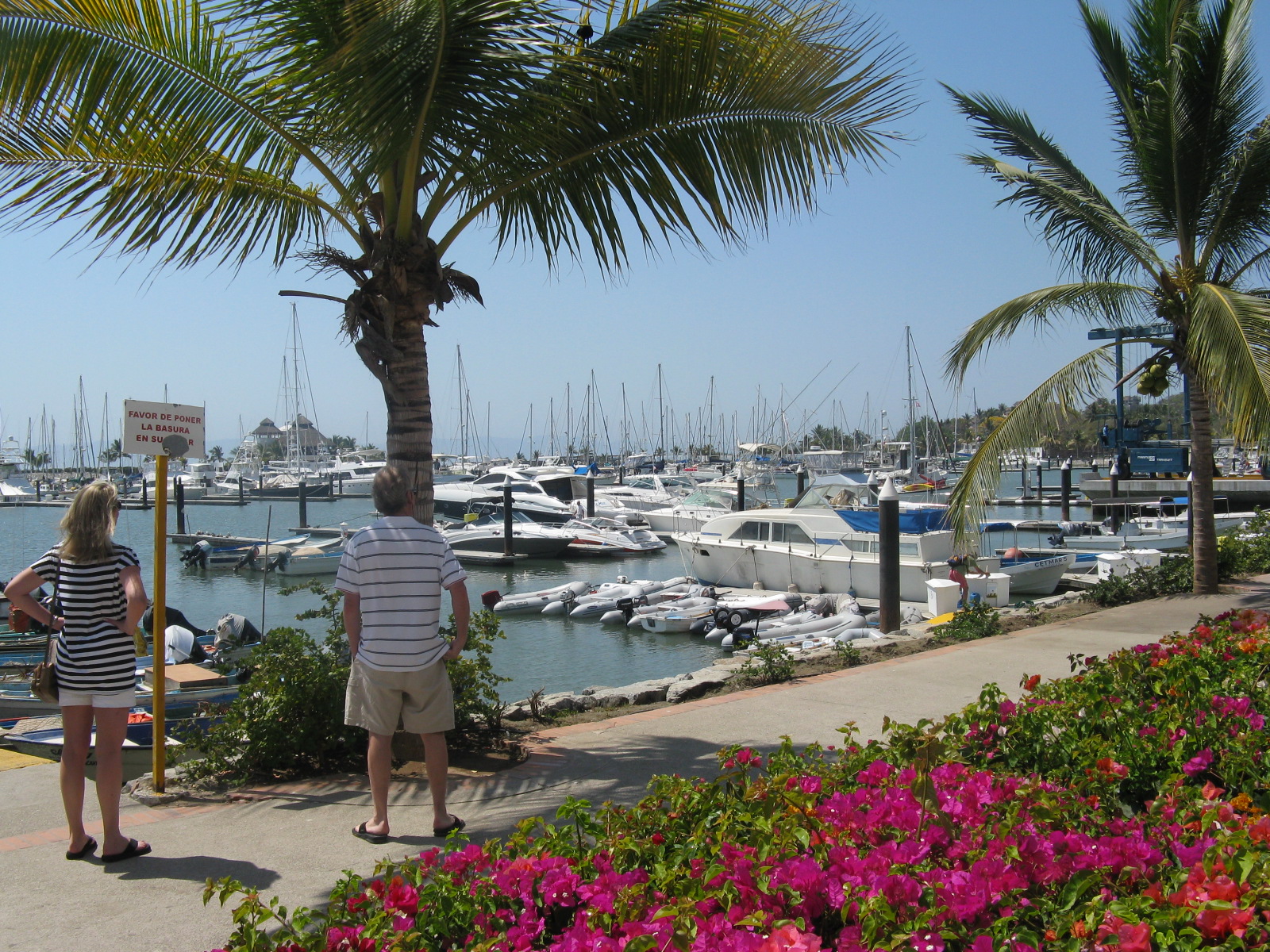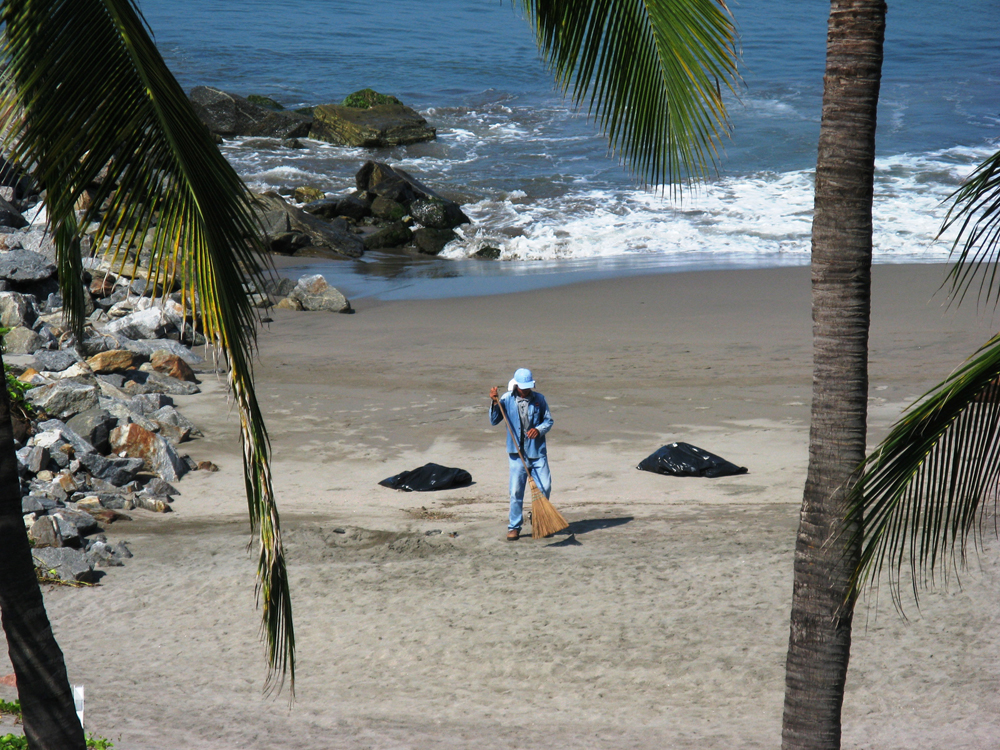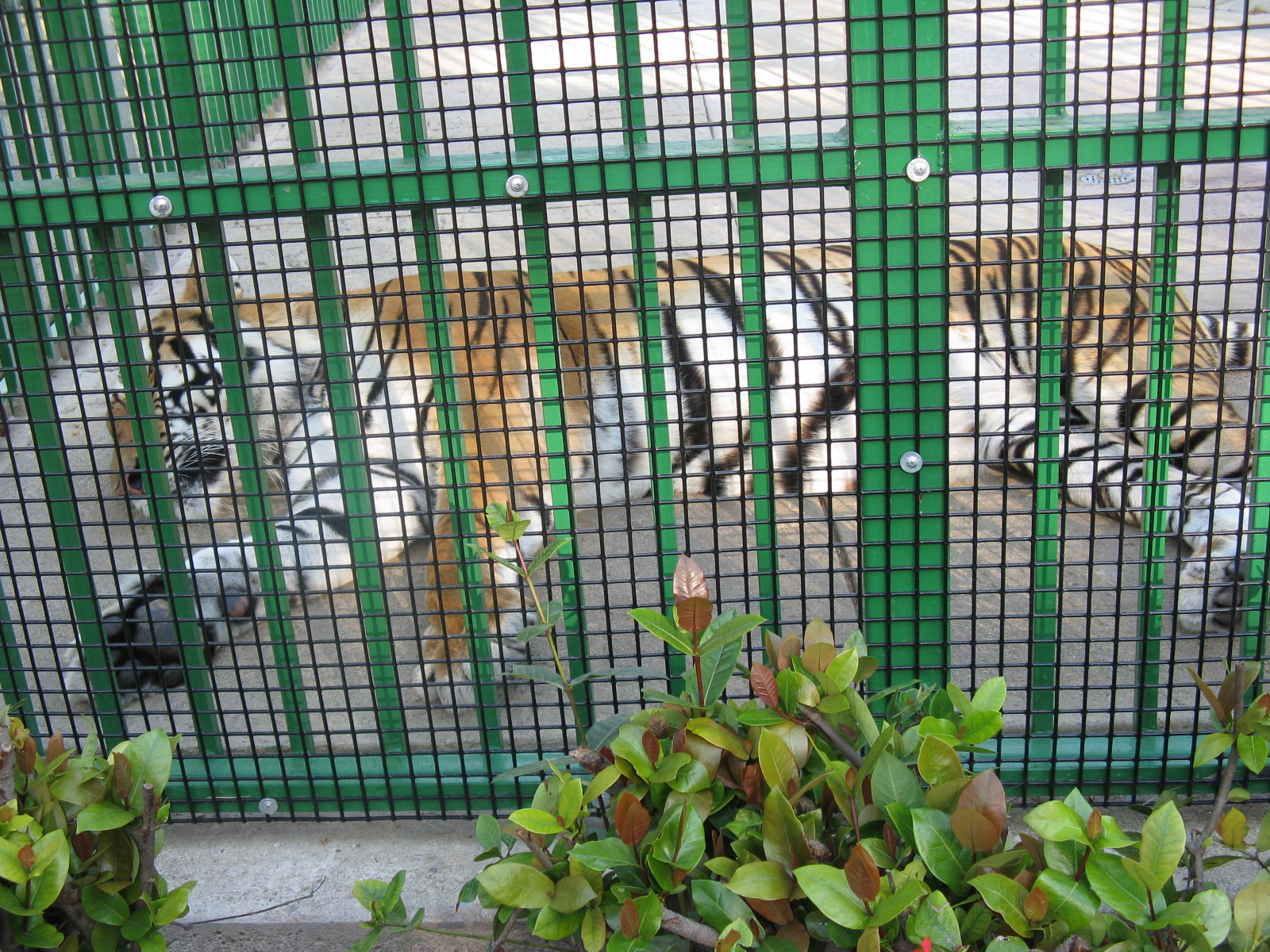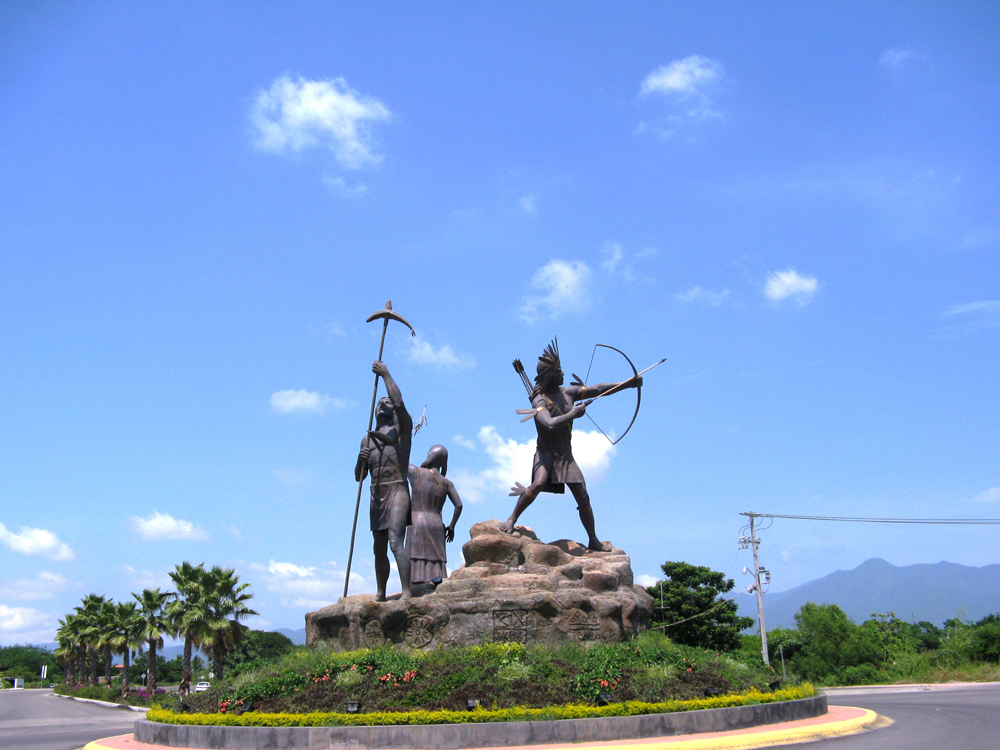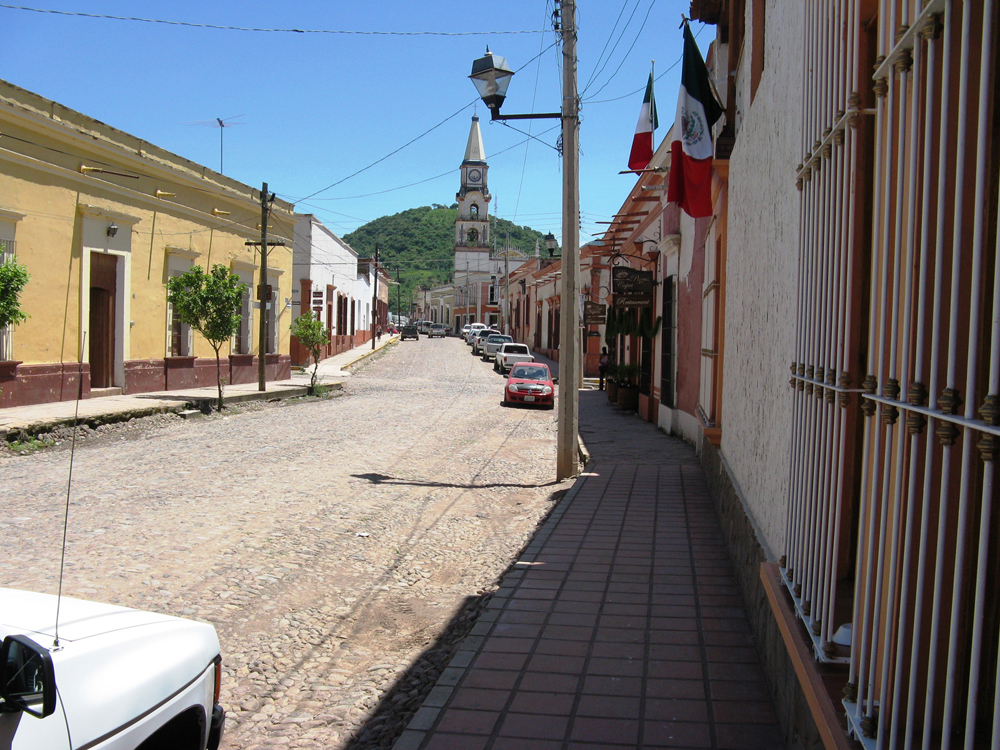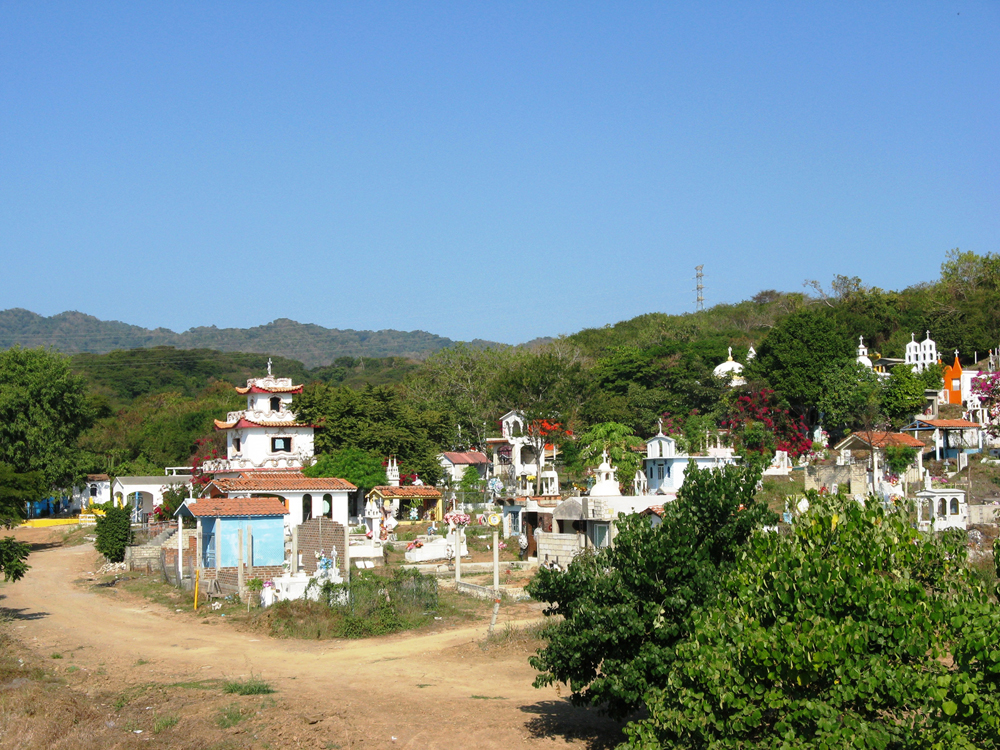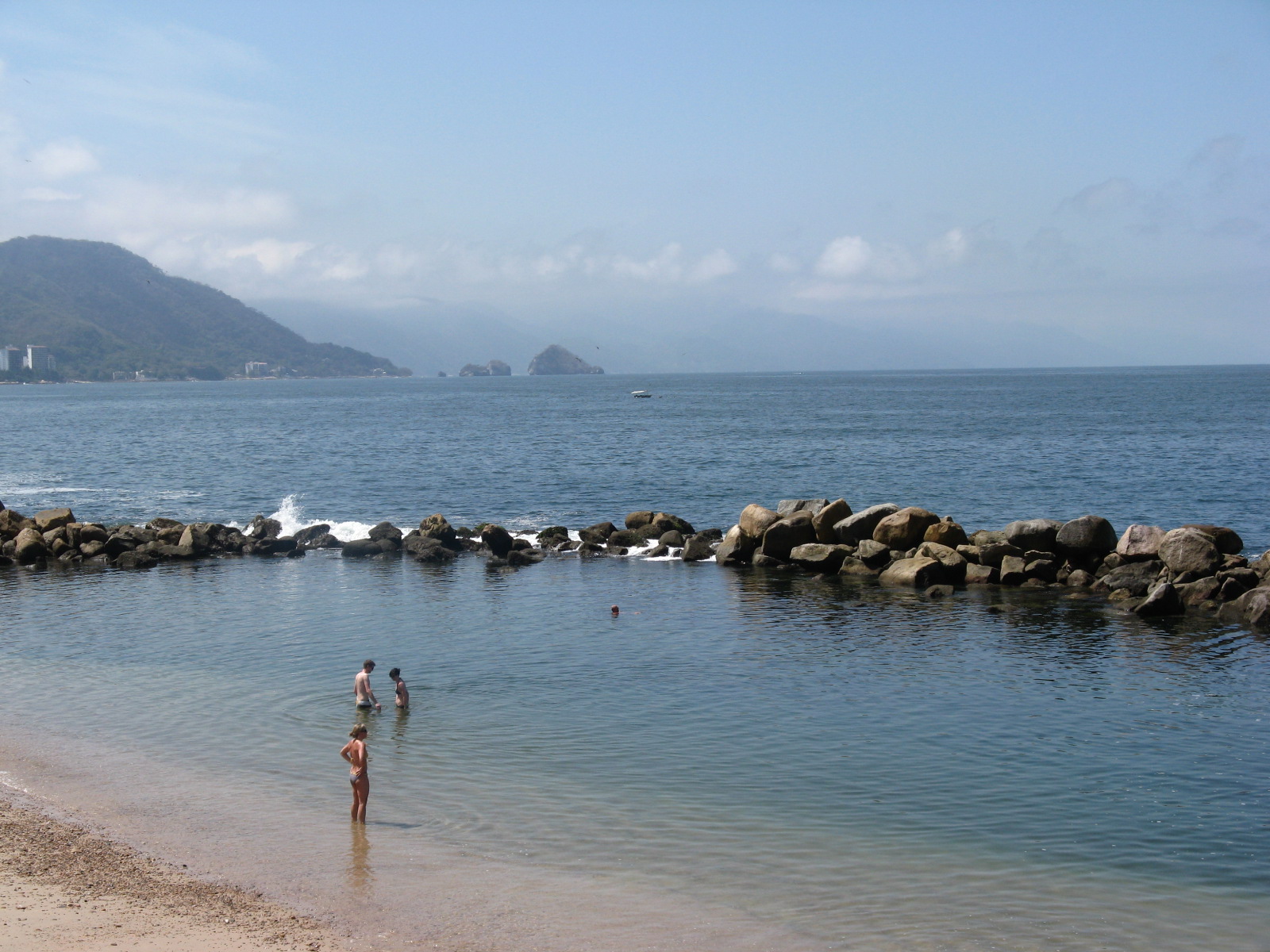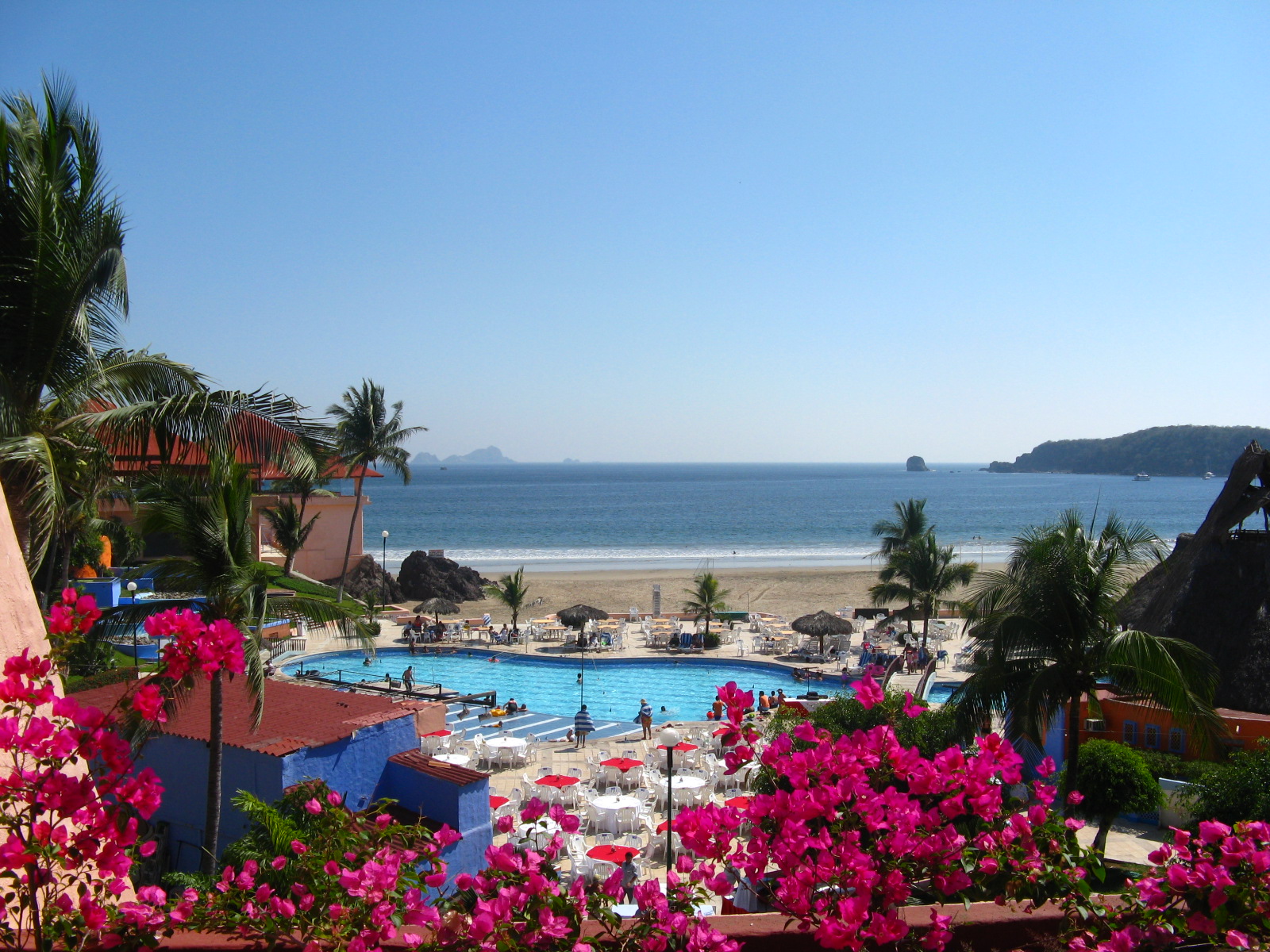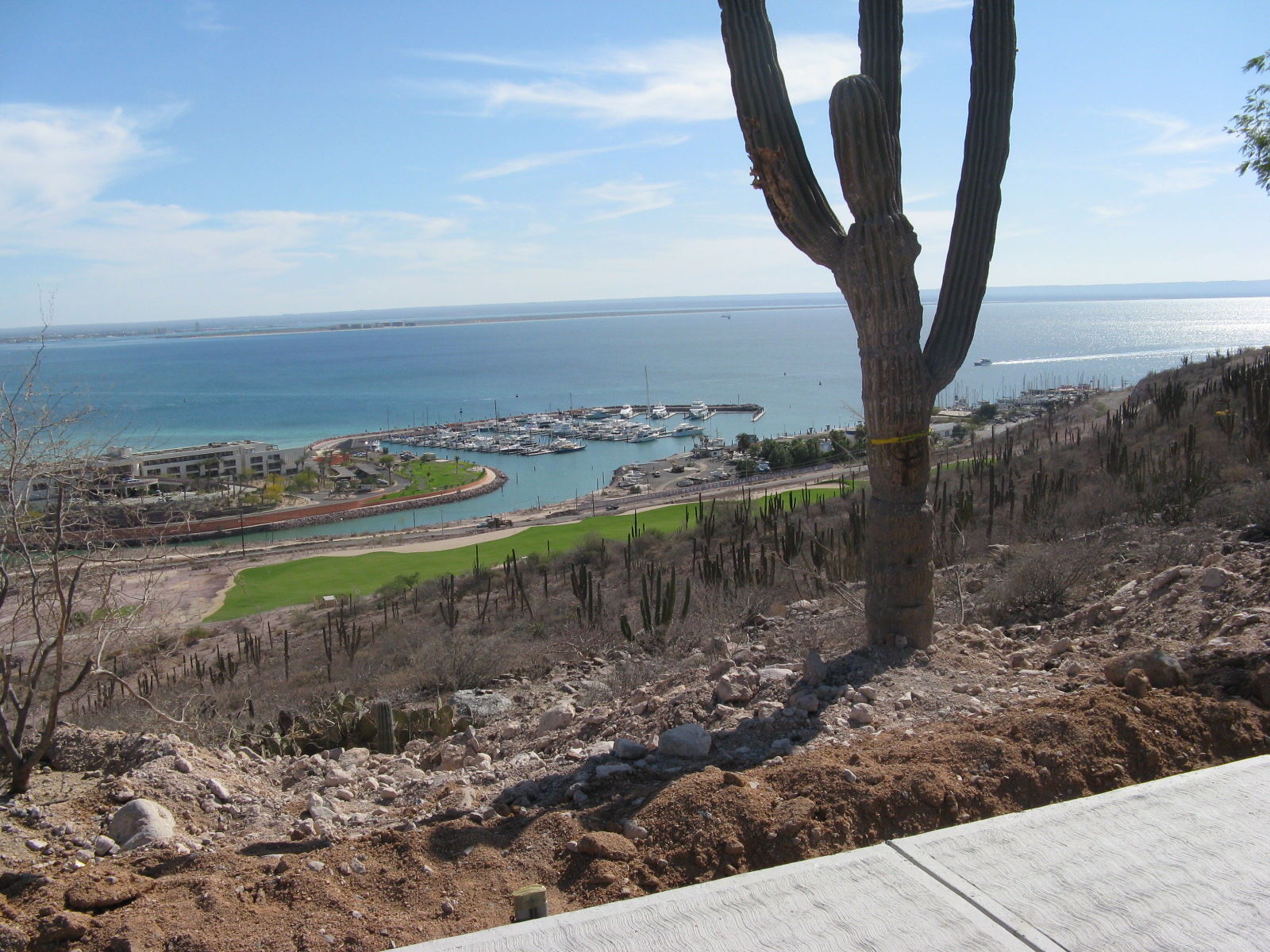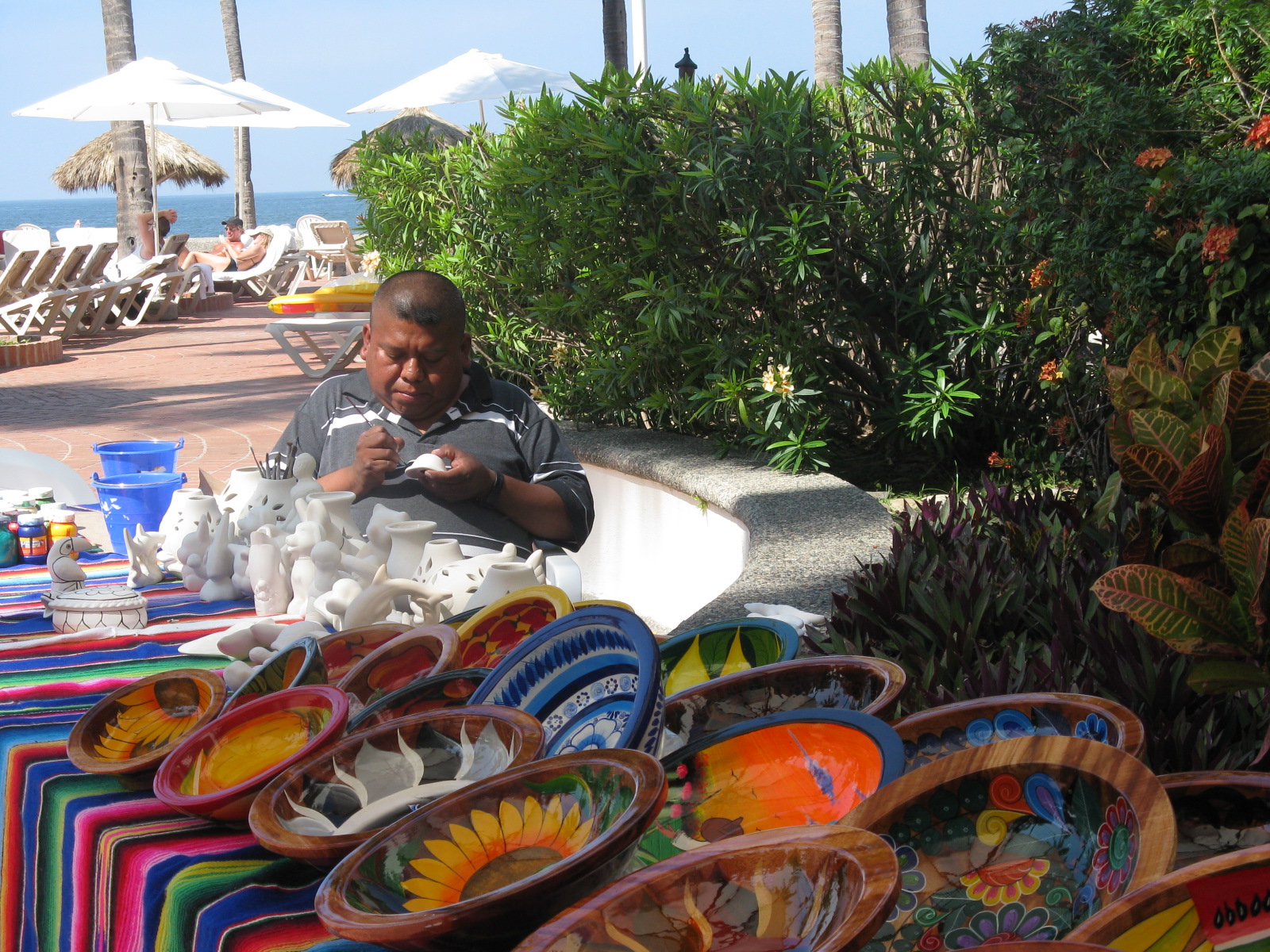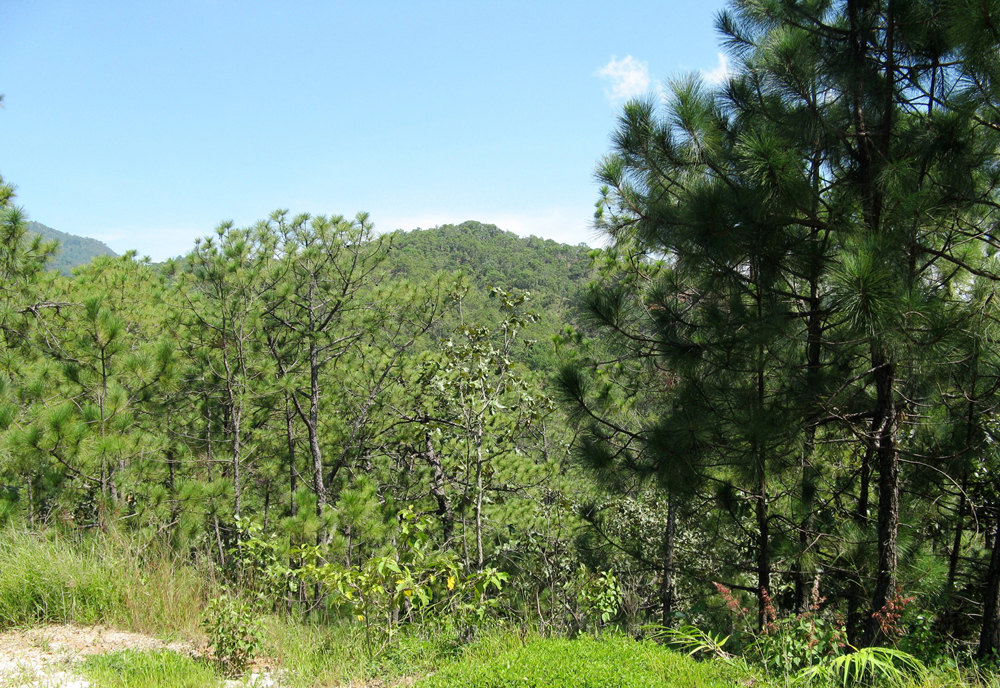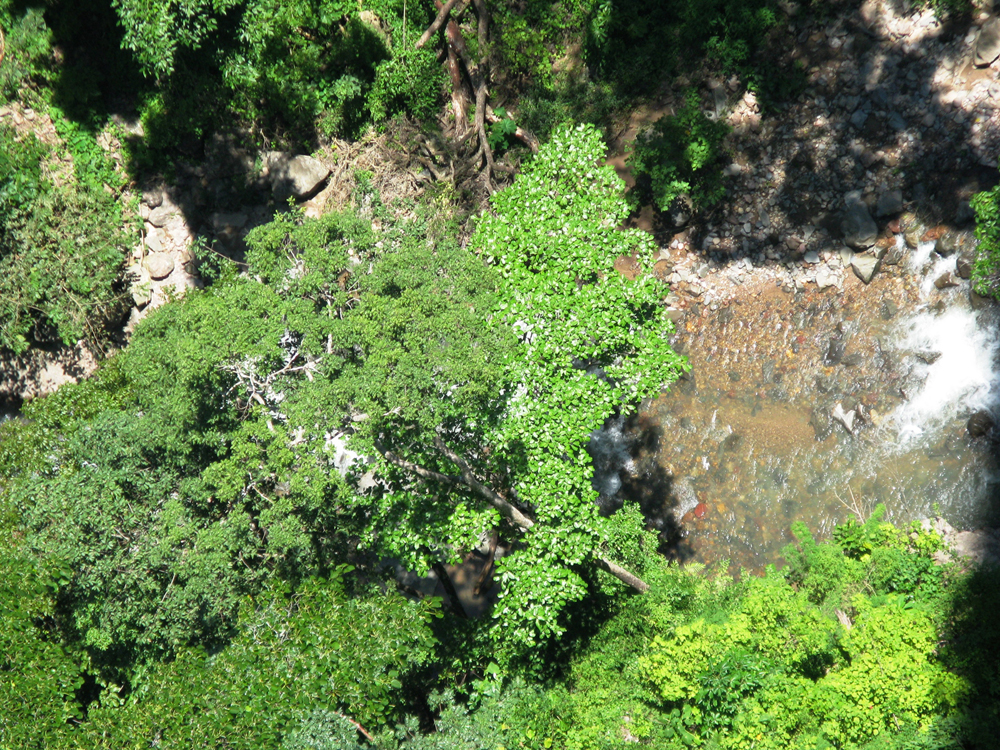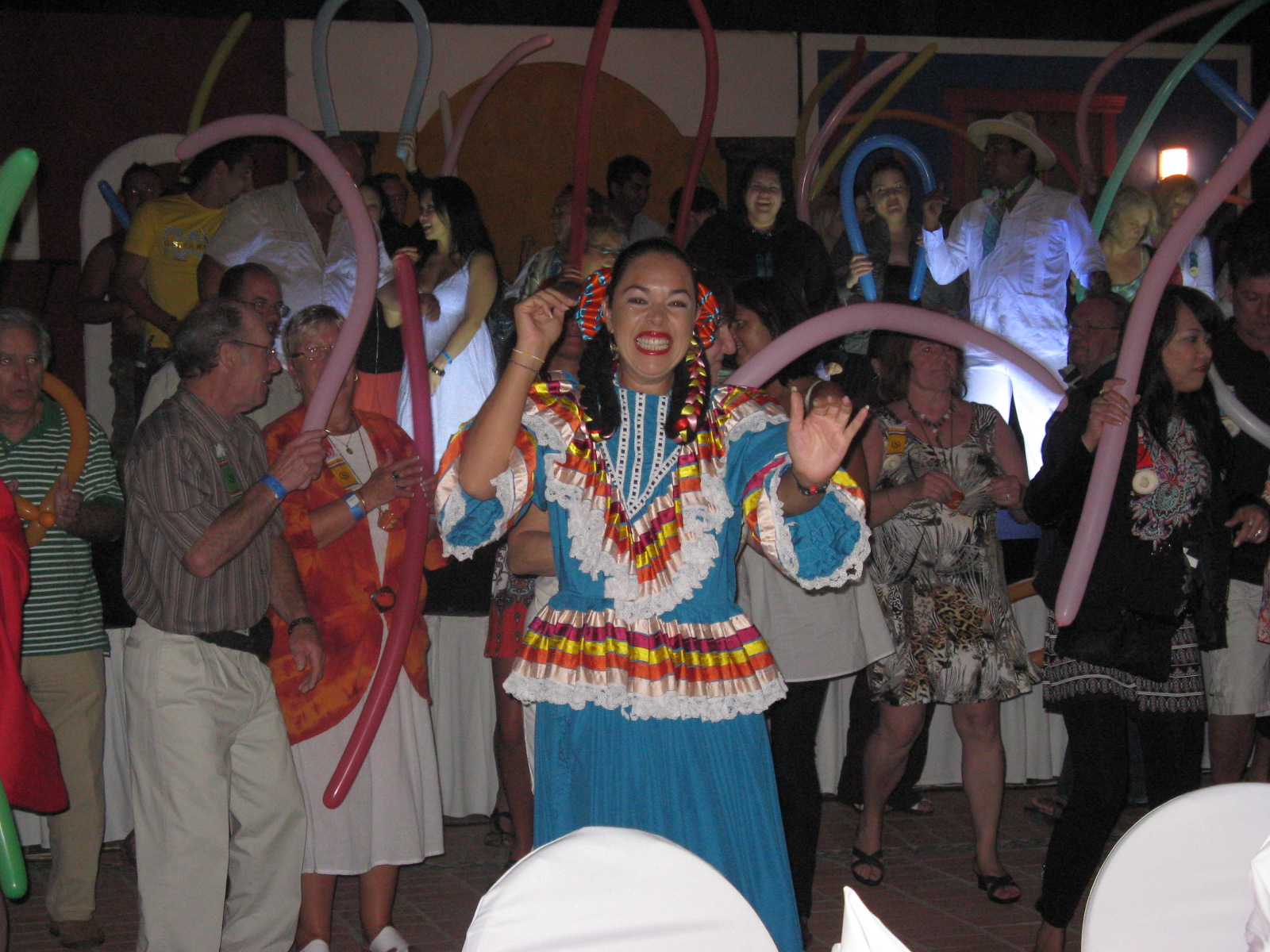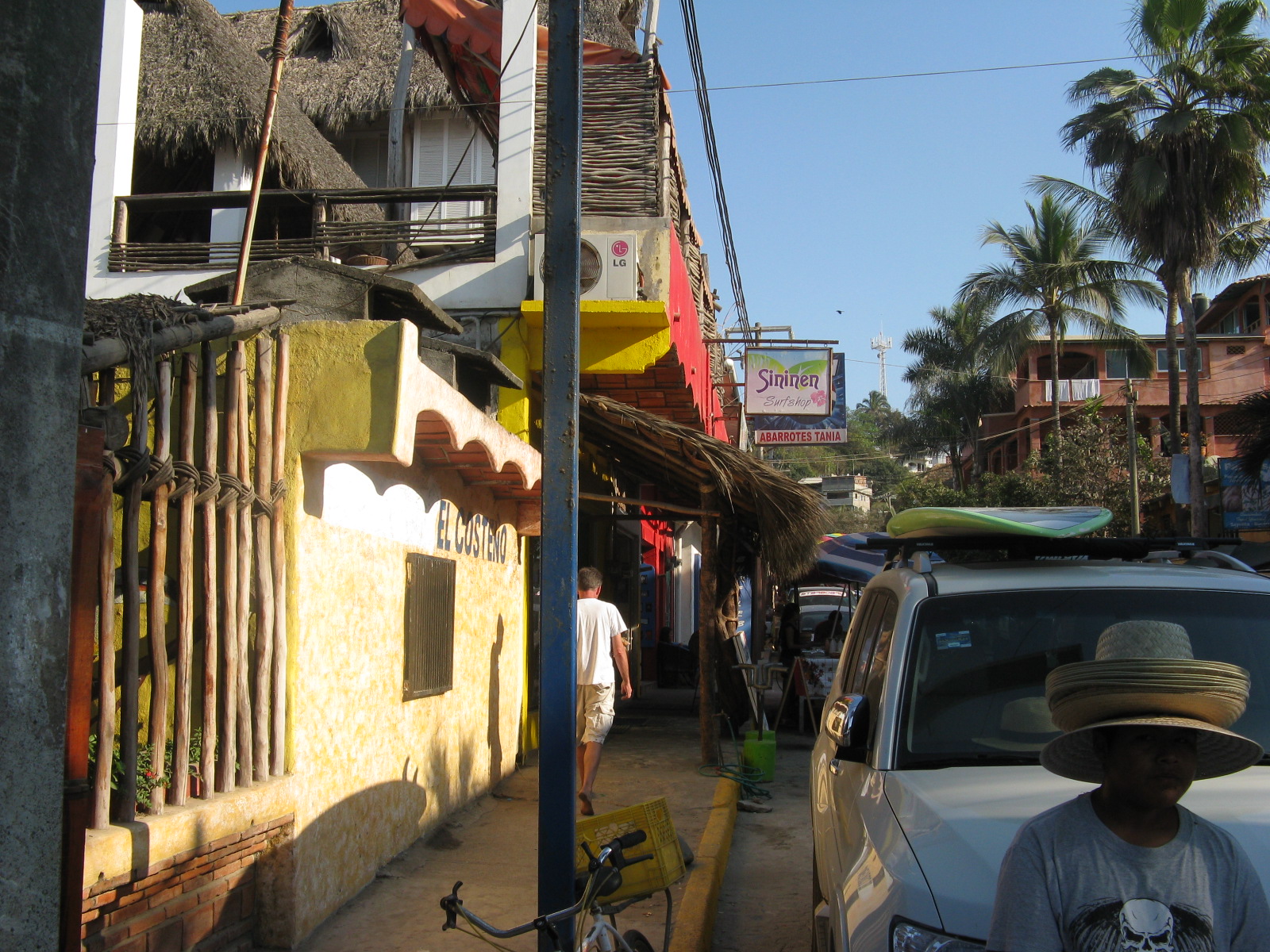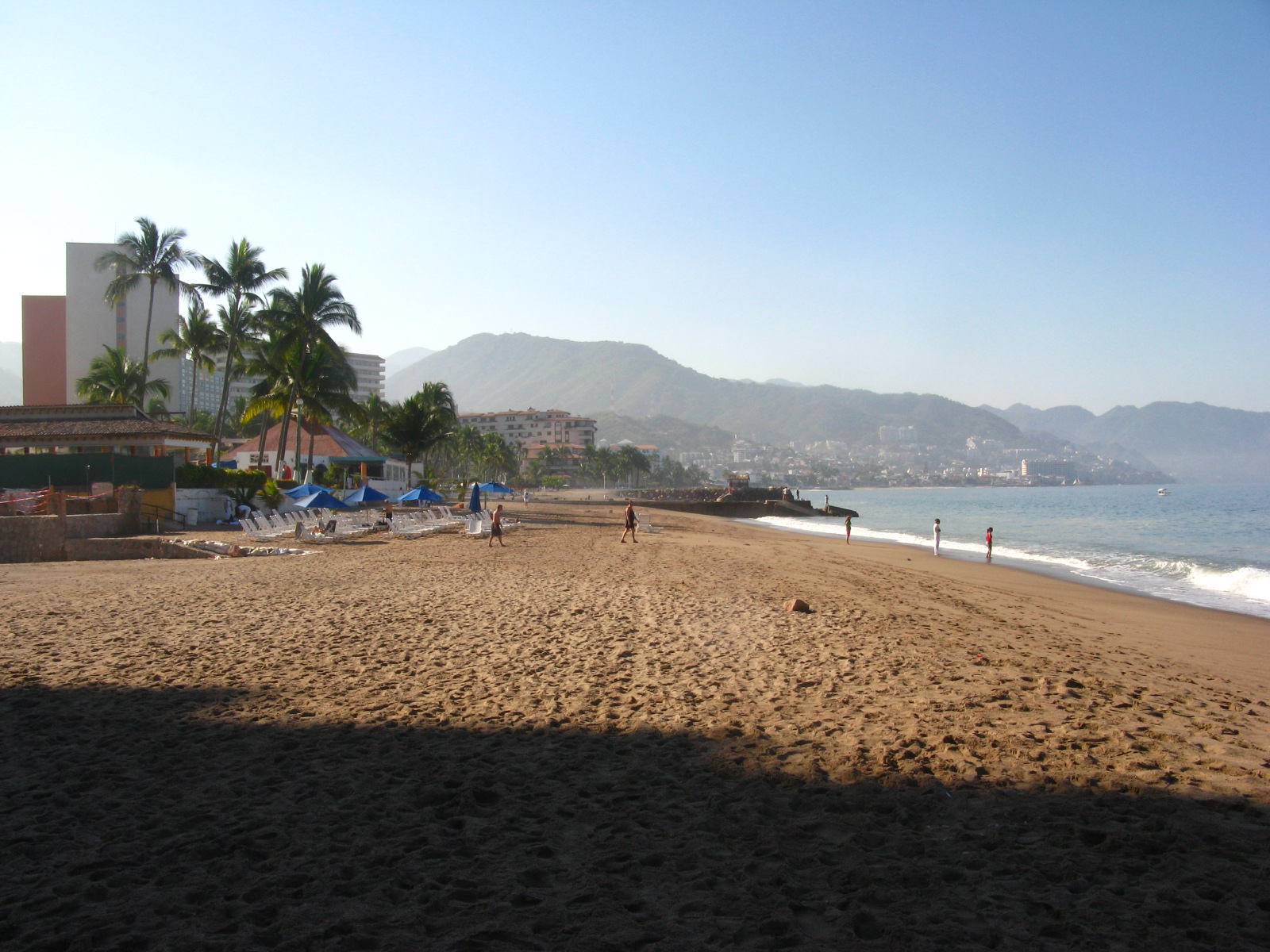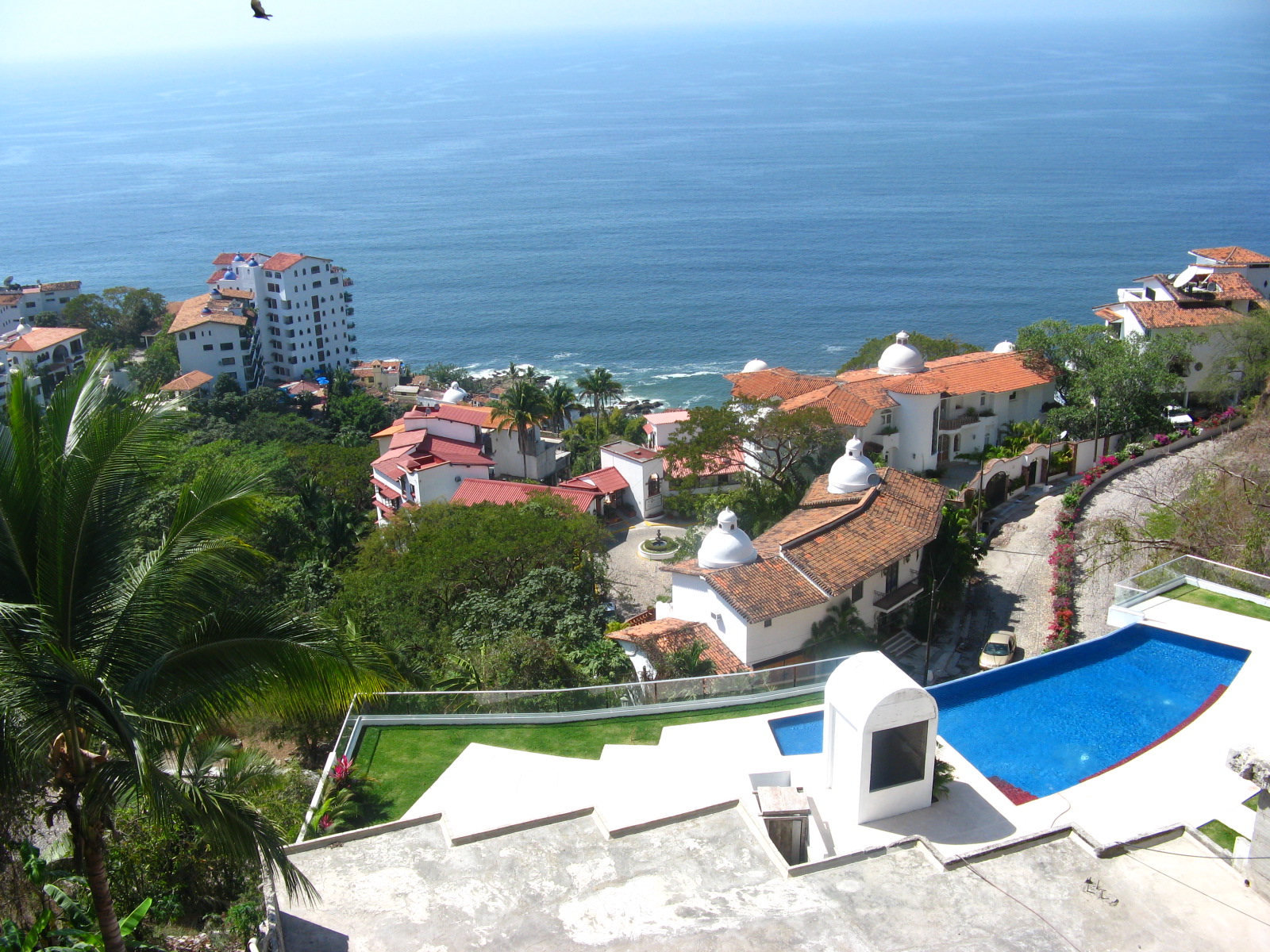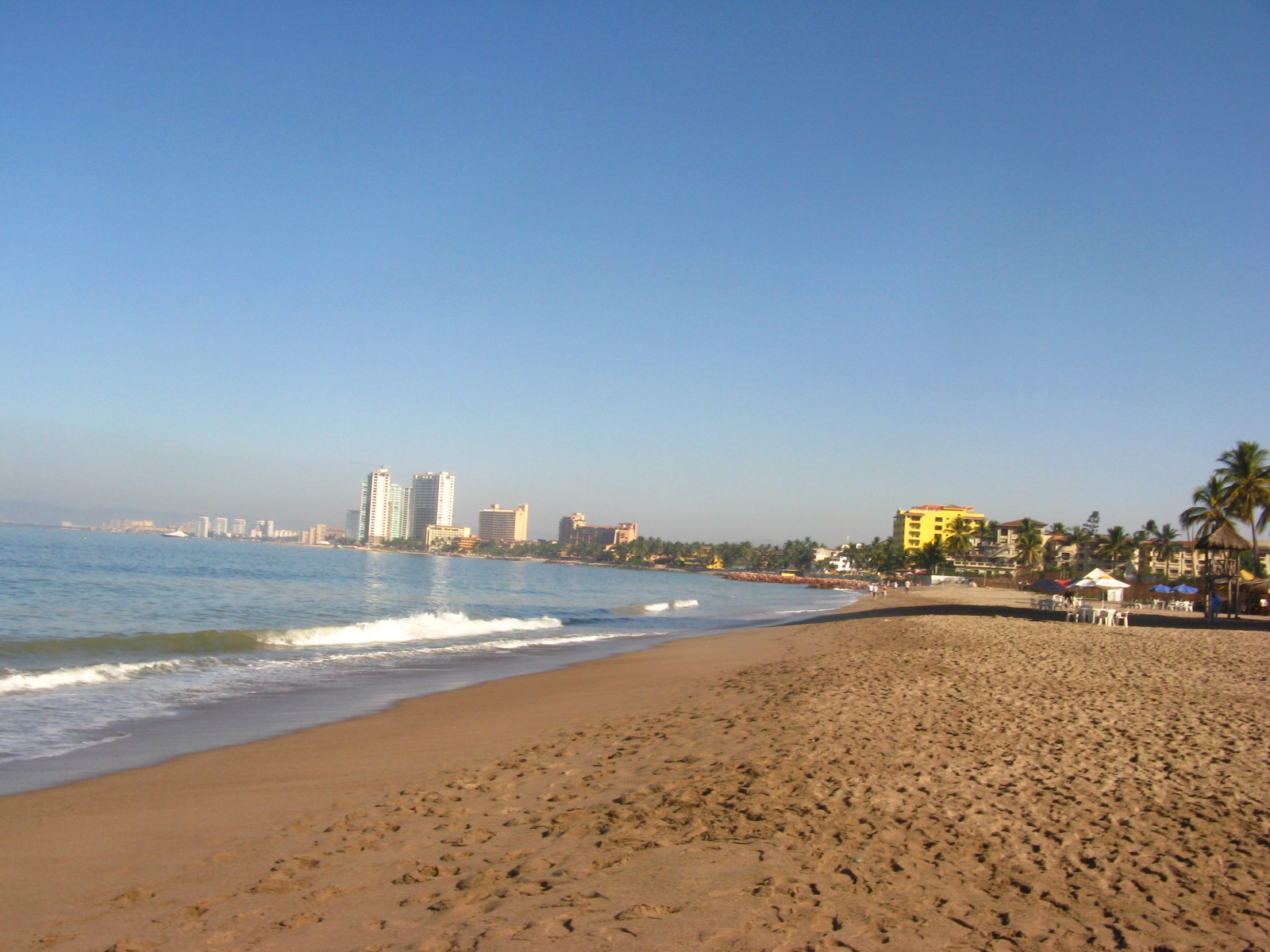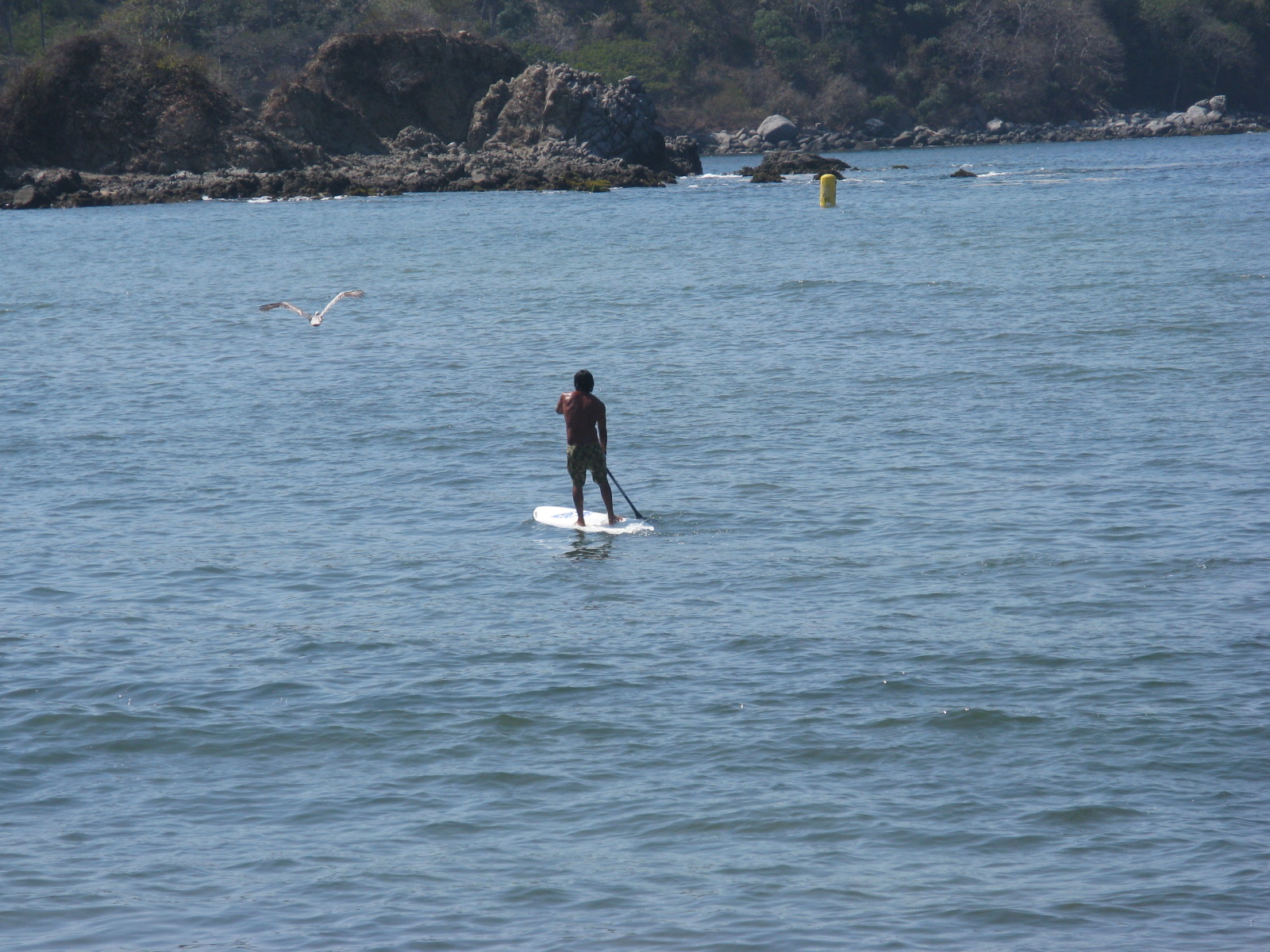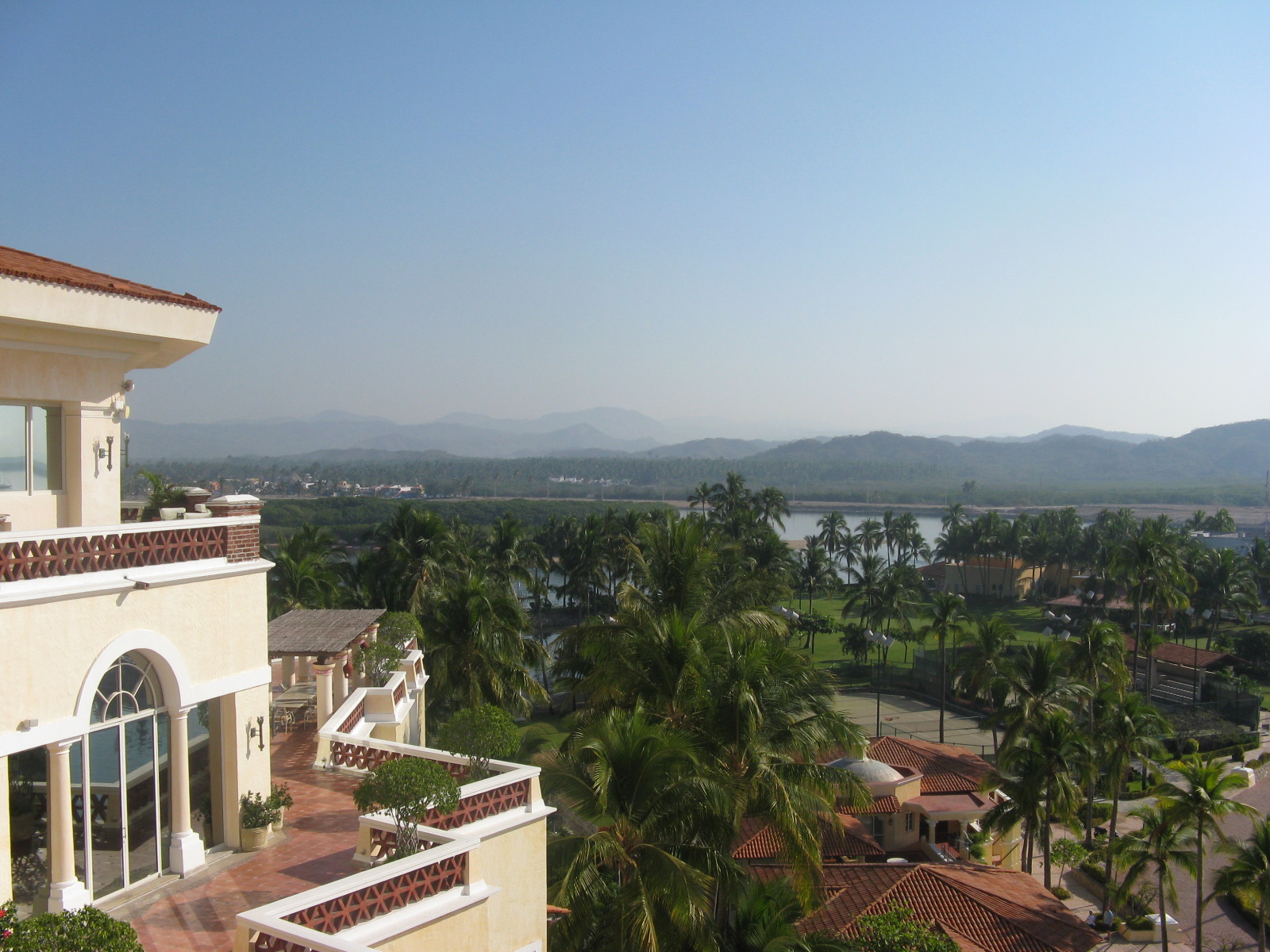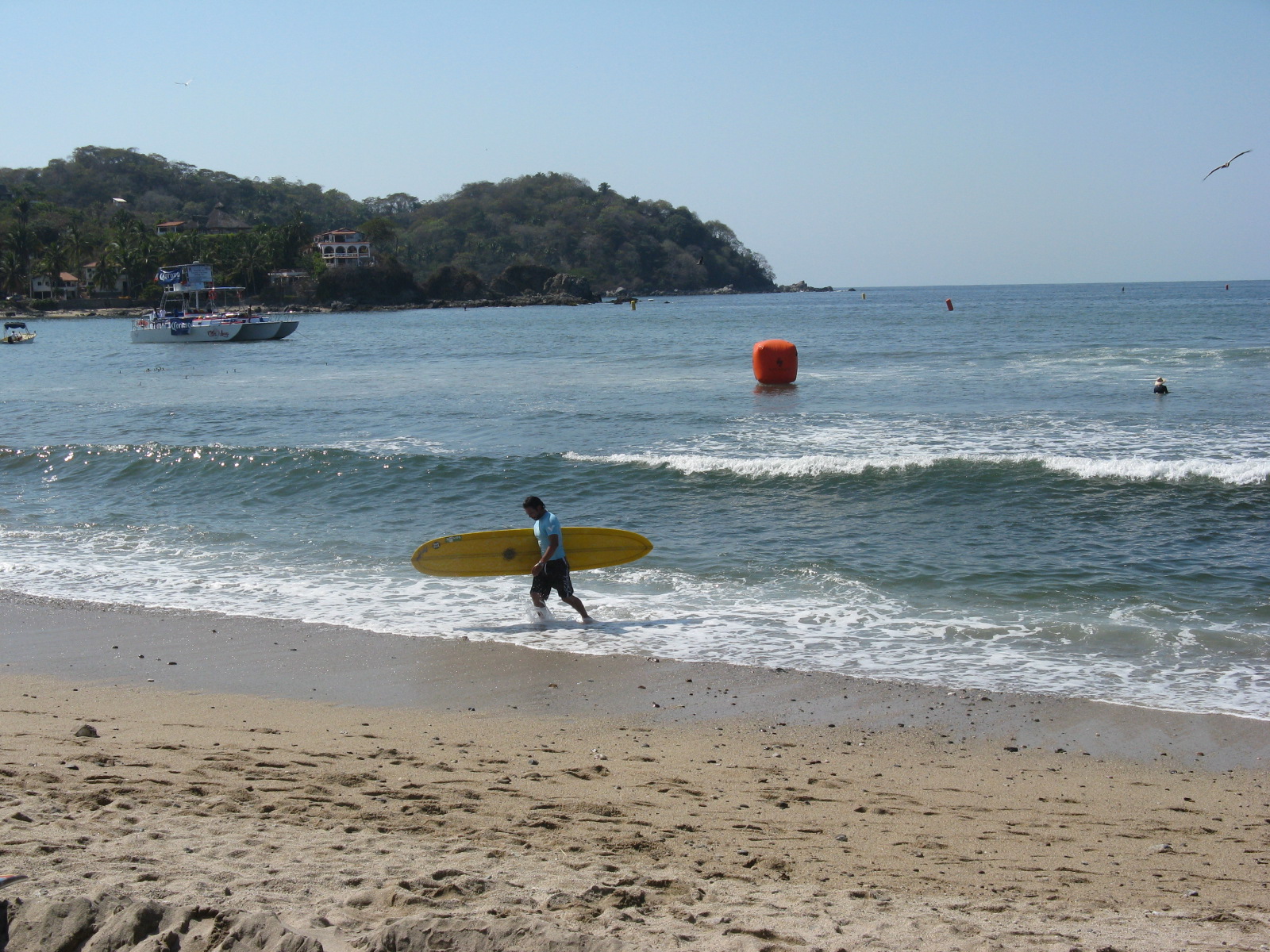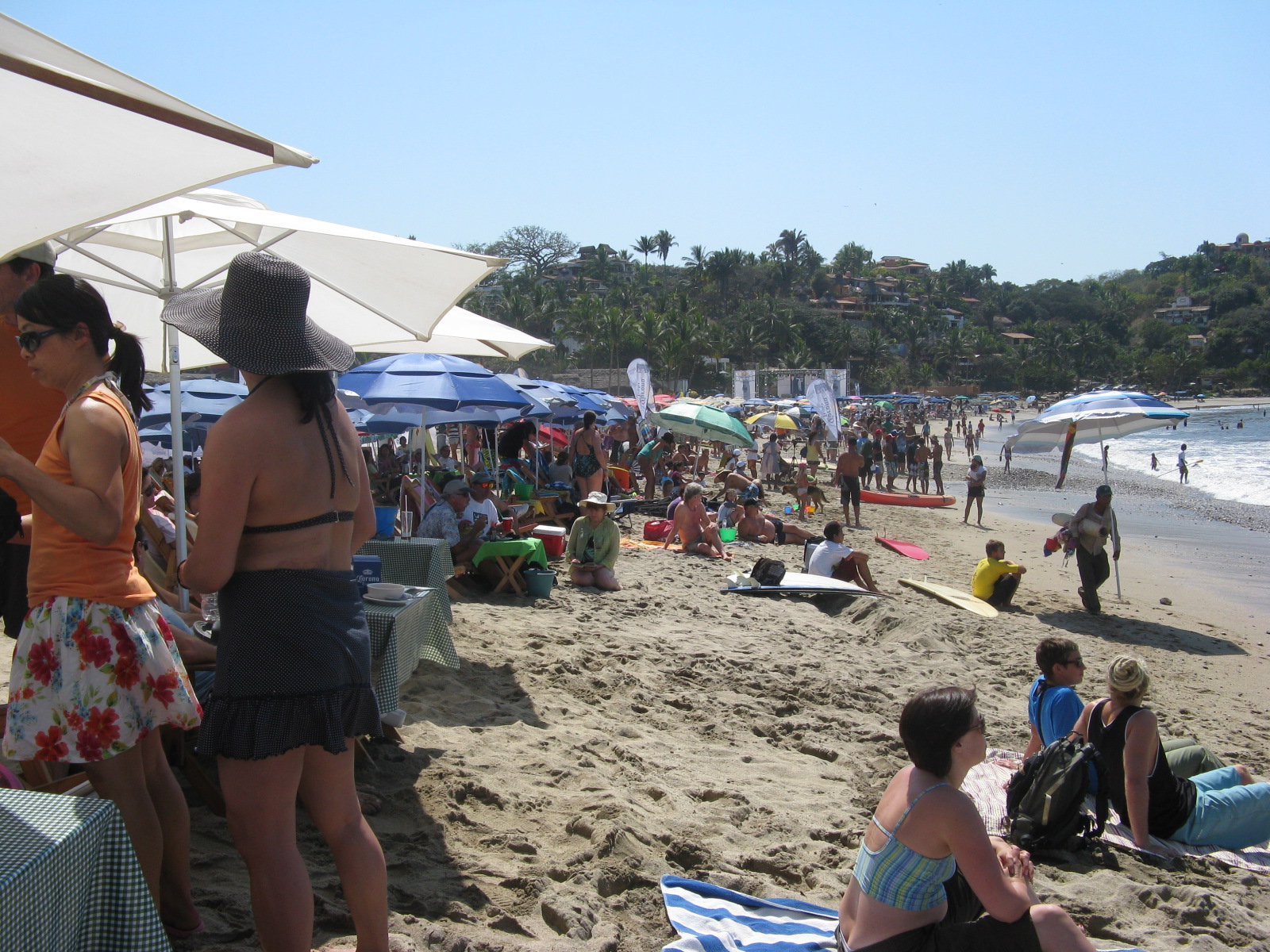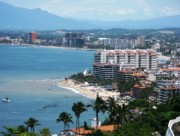Types of Ownership
Timeshare
Each form of ownership has its place – timeshare, full ownership and fractional ownership.
Timeshare deals are essentially prepaid vacations. Timeshares generally have little resale value. Part of the reason for this is the fairly substantial marketing costs that are built into the cost of each timeshare. (1)When buying a non-deeded timeshare you buy a lease, license, or club membership that lets you use the property for a specific amount of time each year for a specific number of years. The cost is related to the season and the length of time you want to buy. For example, a winter week in a warm climate is worth more than a summer week in the same location. Many timeshares offer exchange programs that allow you to arrange trades with other resorts in different locations for an additional fee. However, these trades usually cannot be guaranteed. There also may be some limits on exchange opportunities. For example, you may need to make your request far in advance. Or, even at an additional cost, you may not be able to “trade up” at peak time in an exotic location. When you trade, expect an accommodation of approximately the same value as your own.
Full Ownership
Full ownership acquisition, either a deeded individual dwelling or a condo in a multi-unit building, provides the investor/owner the greatest control over their property. In the case of condo owners, use and costs are in many ways determined by the bylaws adopted by the home owners association (HOA) same as the strata corporation in Canada. Full ownership not only represents a significant initial capital investment but as a stand-alone unit, also has higher recurring management and maintenance fees compared to timeshares and fractional ownership.
Fractional Ownership
Another option is fractional ownership which gives the buyer a share in real estate with other persons. Fractionals generally have good resale value because their value is based on the underlying real estate asset. A person can own and occupy a million dollar unit at a fraction of the price. You can also receive revenue from renting it out during times when you are not using it. For an average person who only uses the unit part of the year, this can be the best of all worlds.
In Mexican fractional ownership, you may hold an individual deed registered in Mexico for your portion of the property. Currently there are various structures in place to register your interest in a fractional unit and buyers are advised to clearly understand the details associated with your specific transaction. As an alternative, Mexico Realty Ltd. offers a form of fractional ownership through a Canadian legal structure for acquiring real estate in a foreign country referred to as Canadian Owners Club.
(1) Excerpt from U.S. Federal Trade Commission document “Tips for buying Timeshares”.

